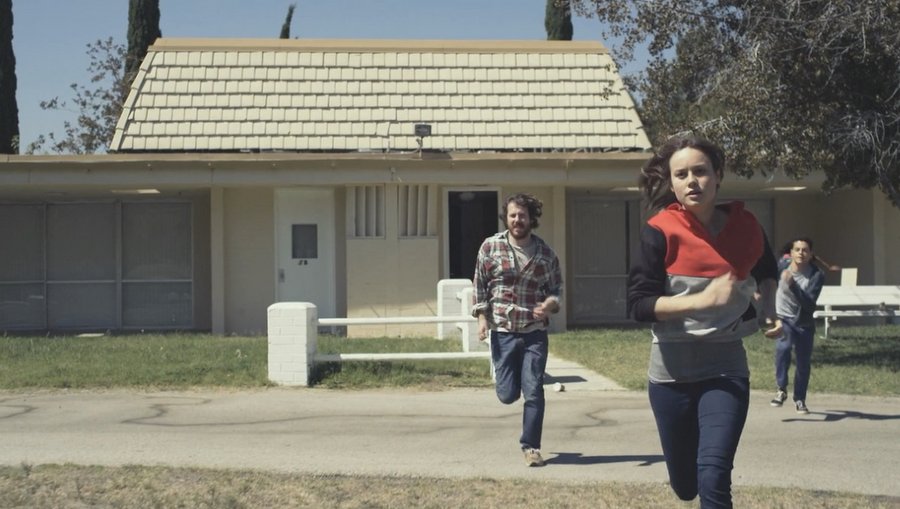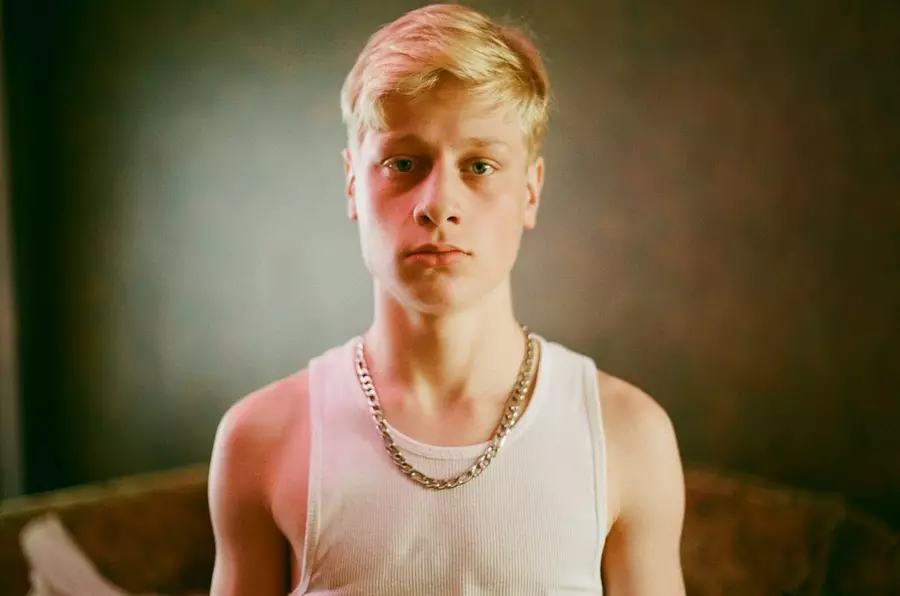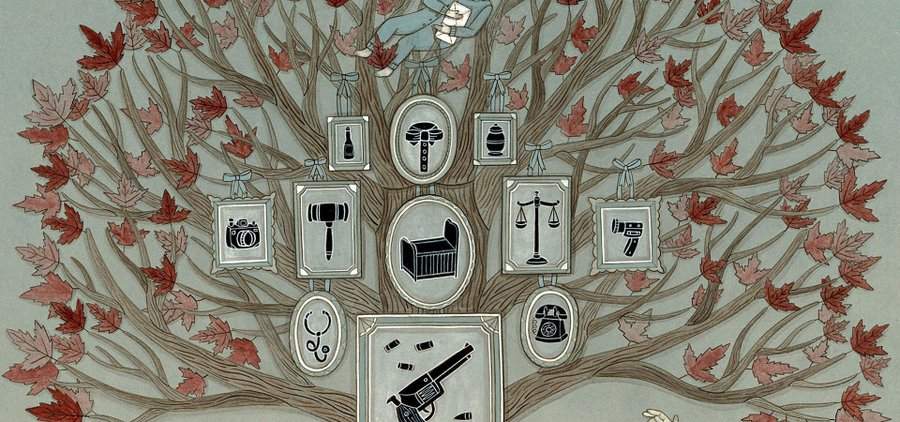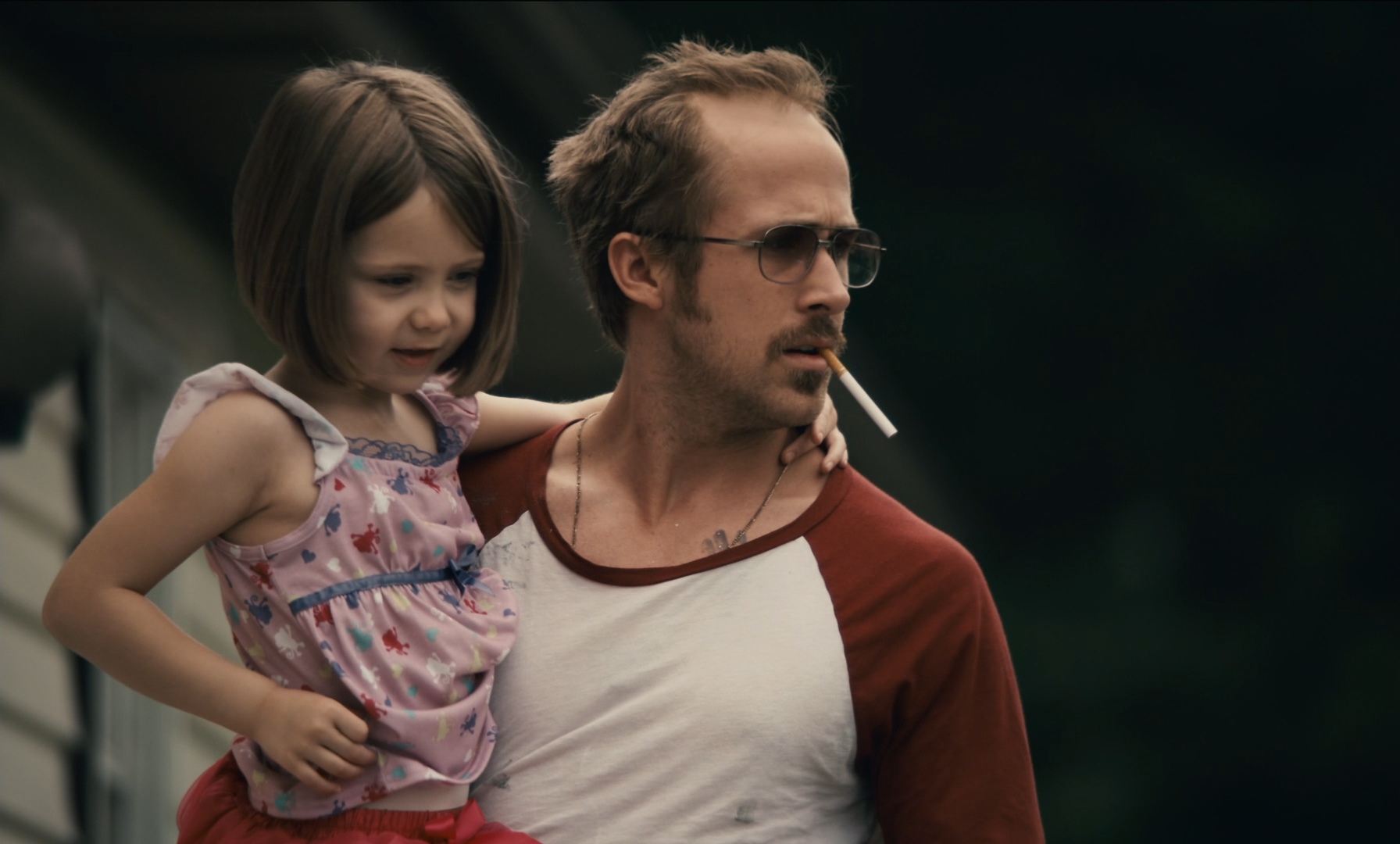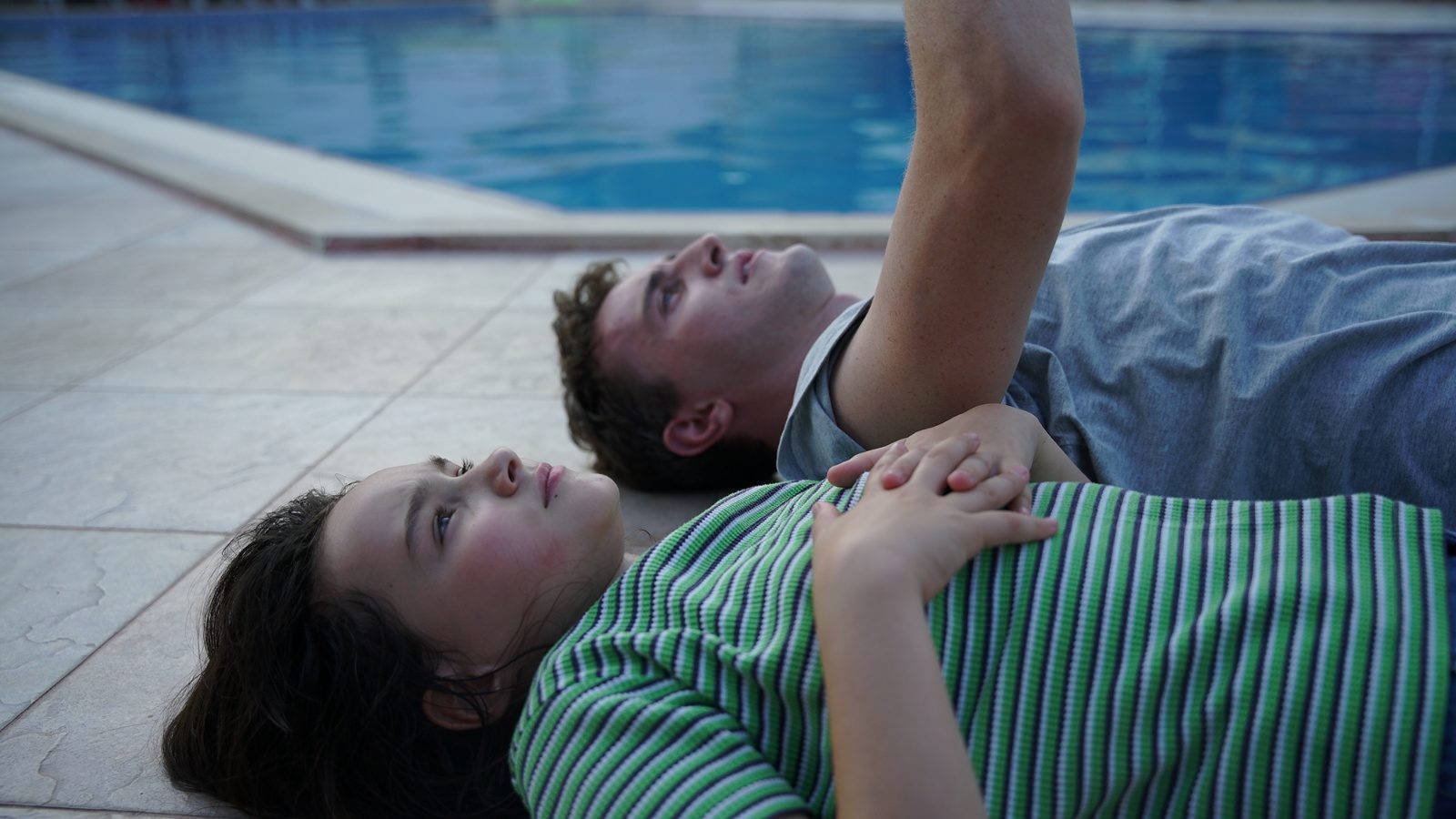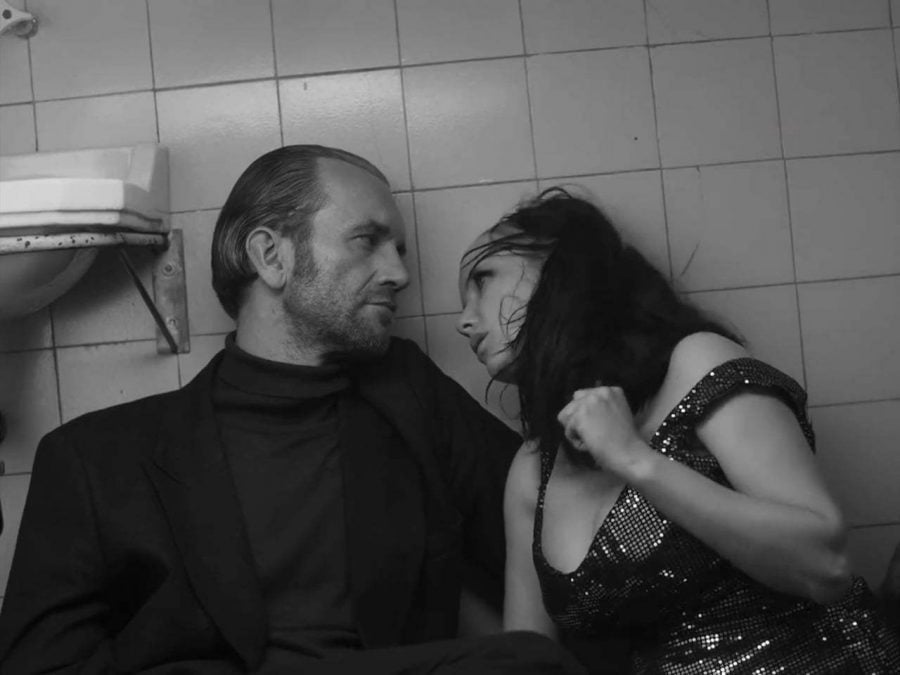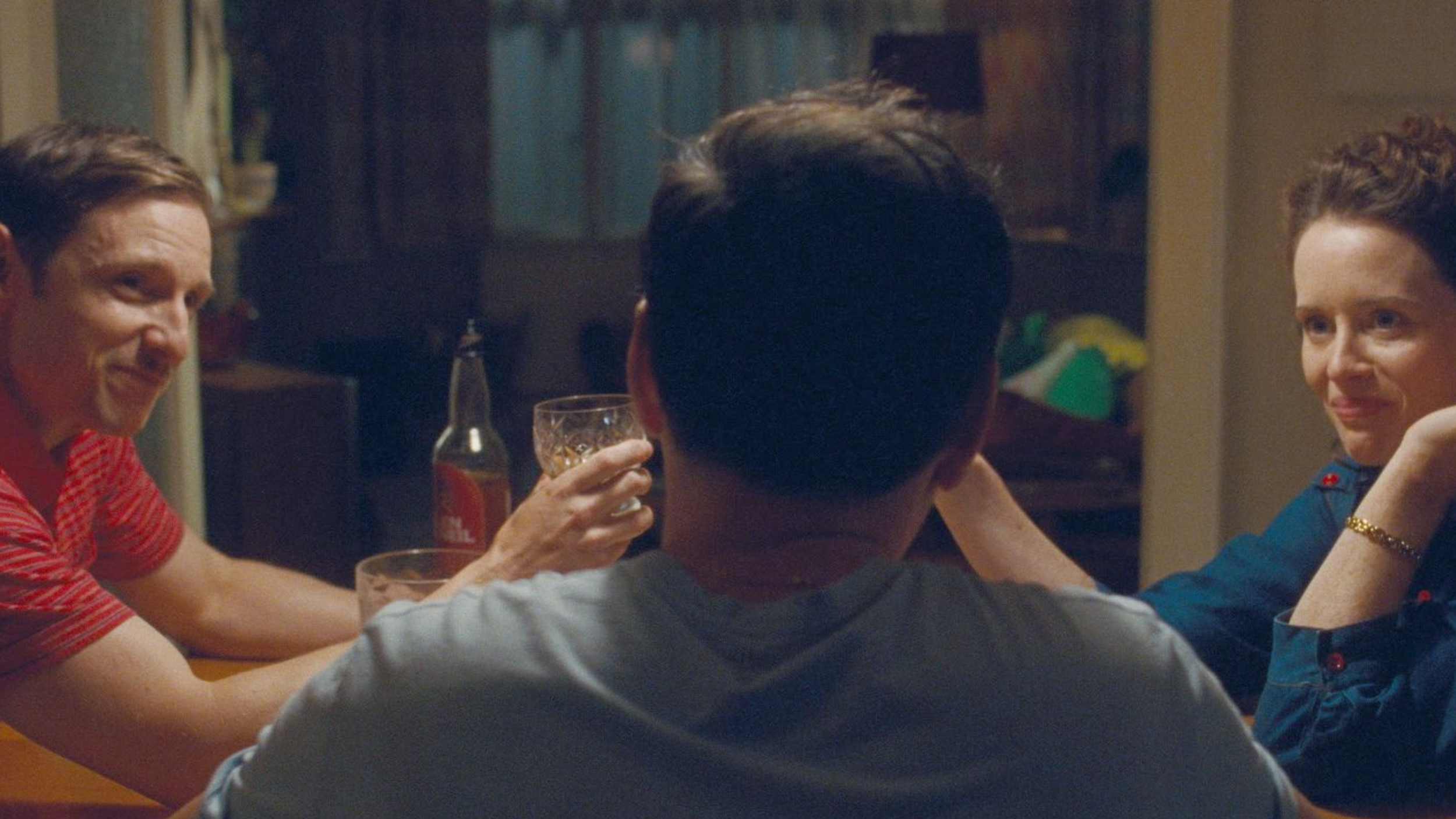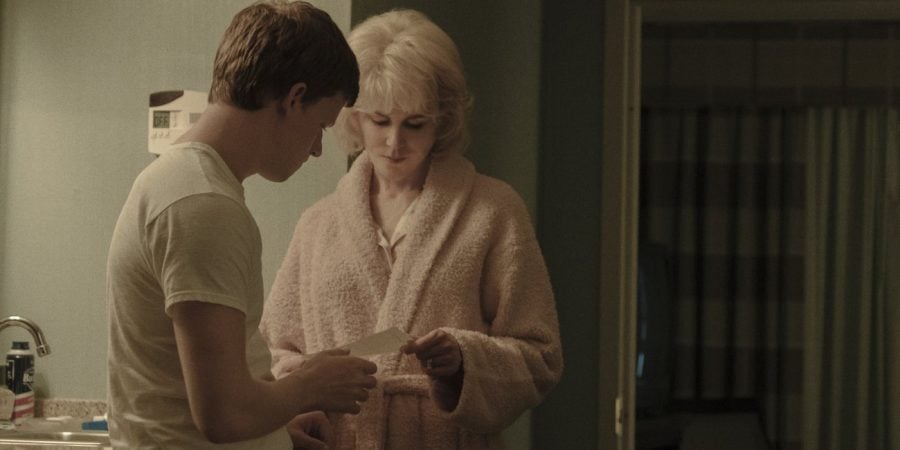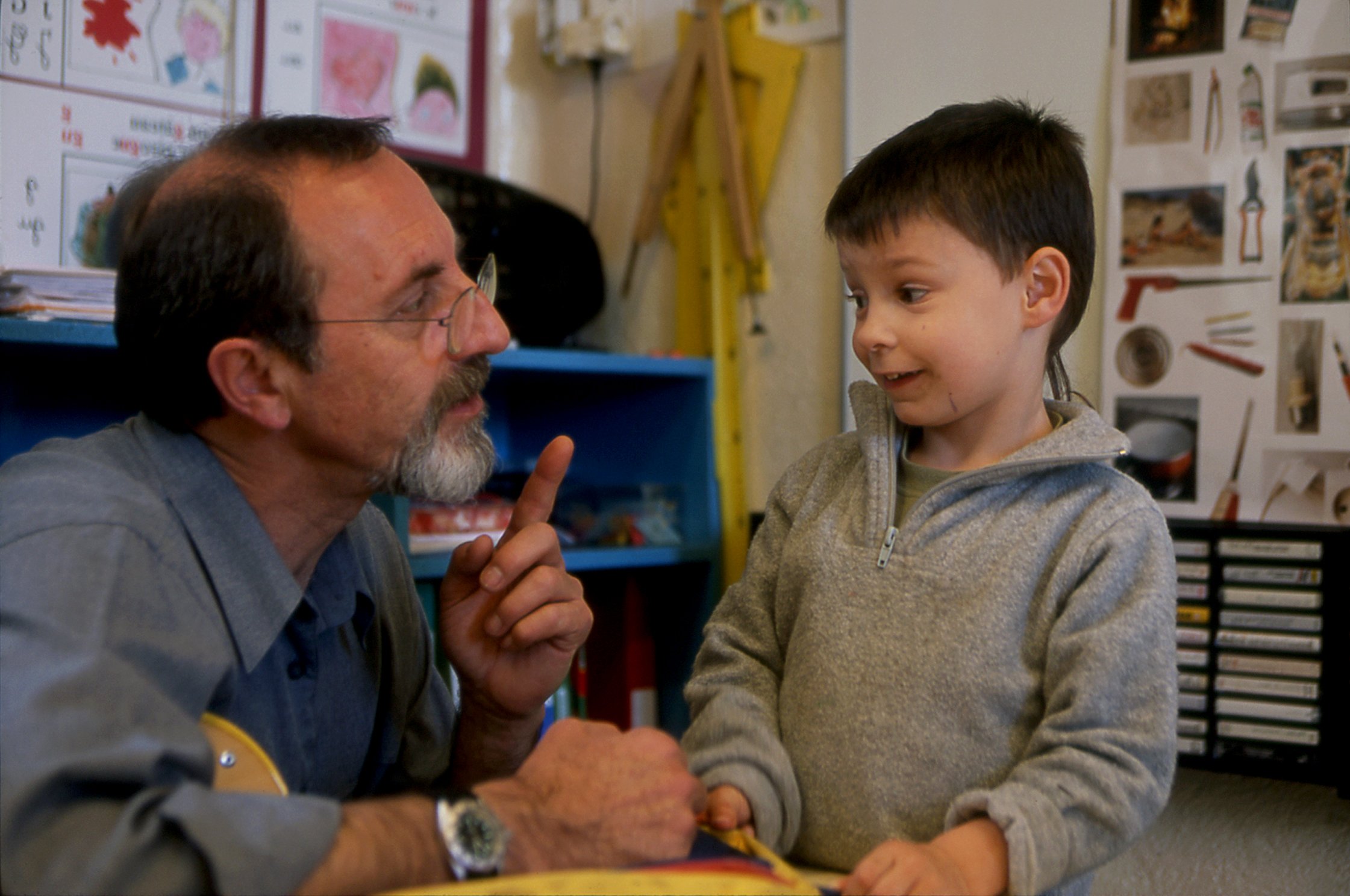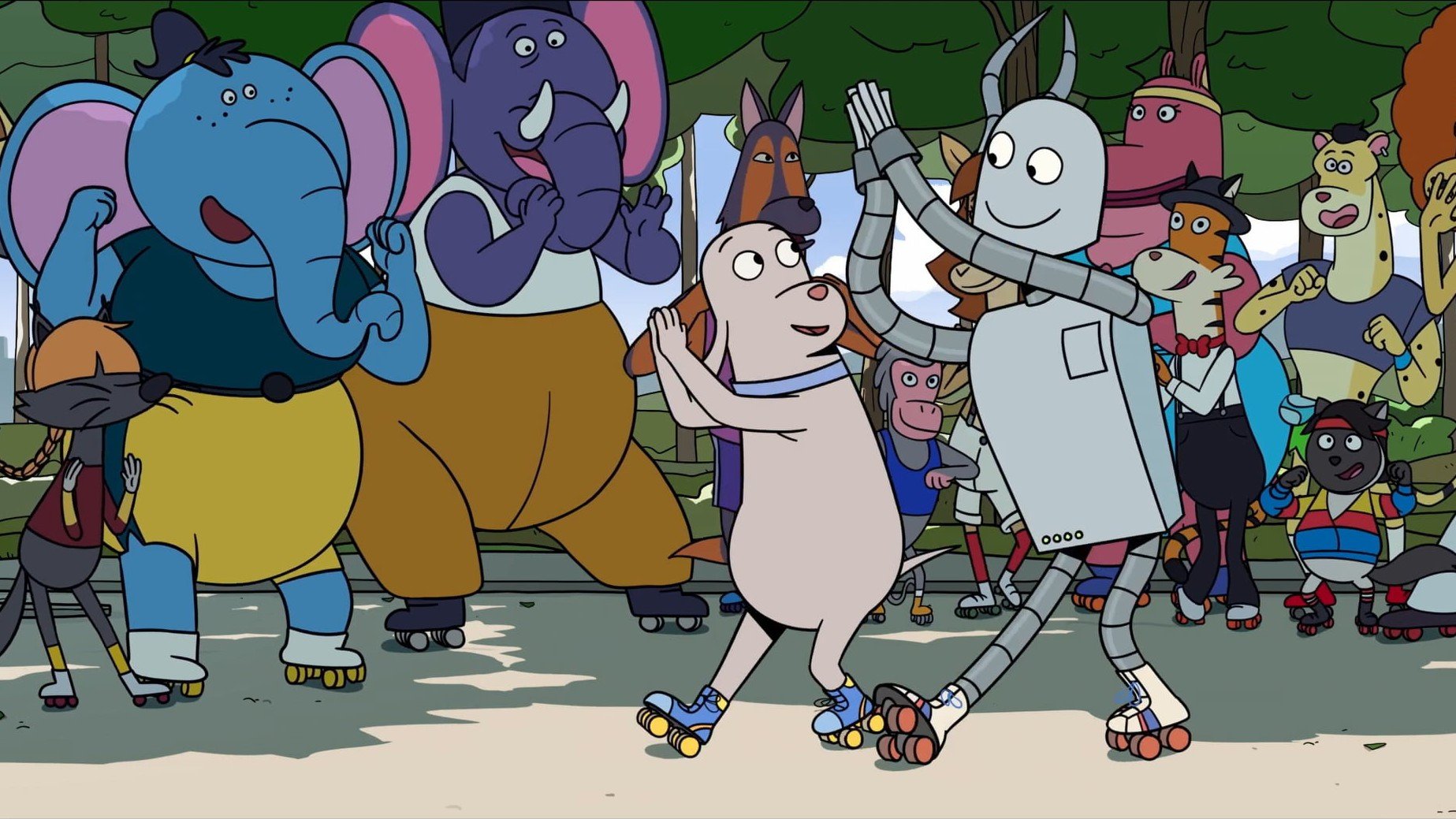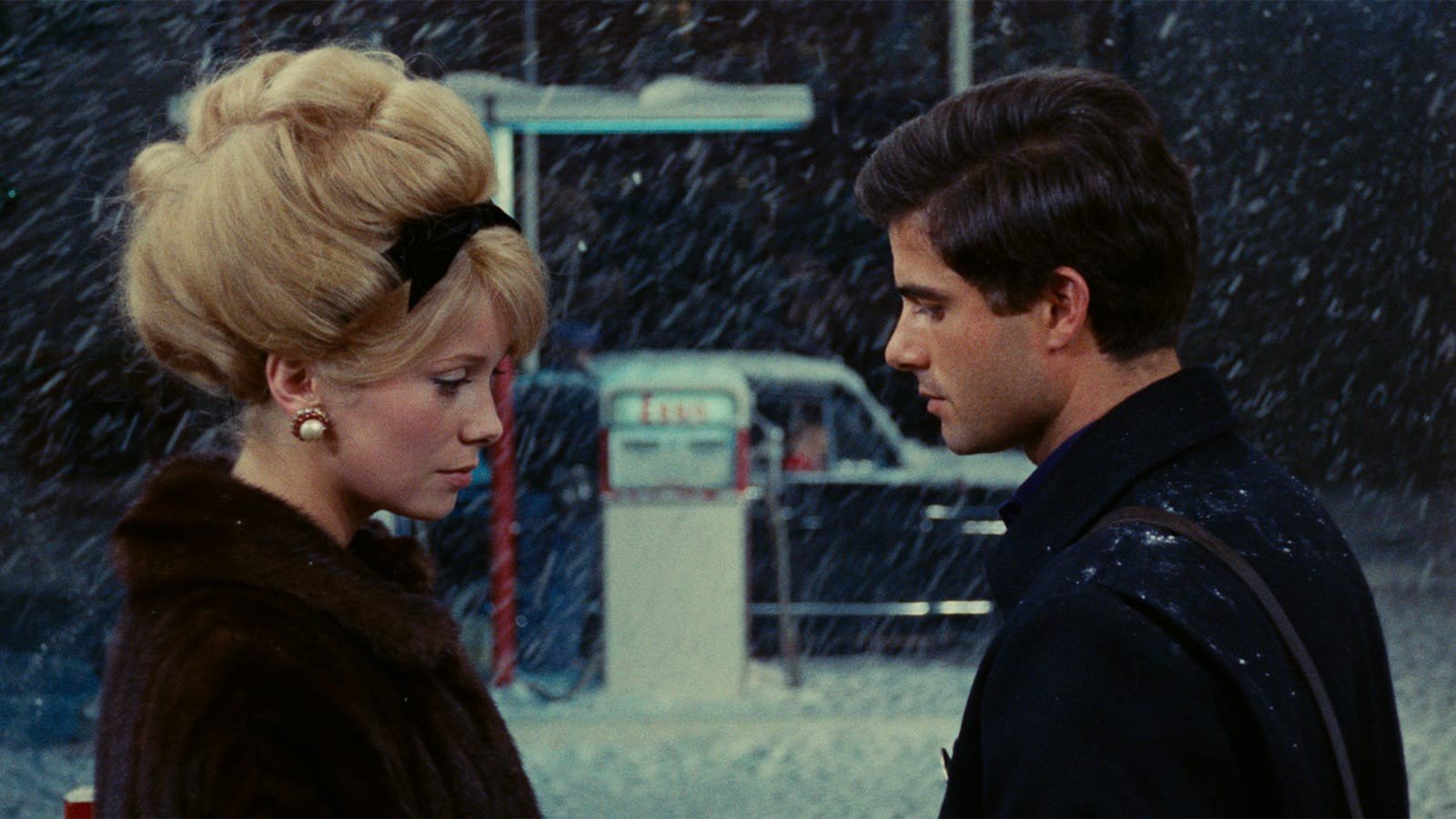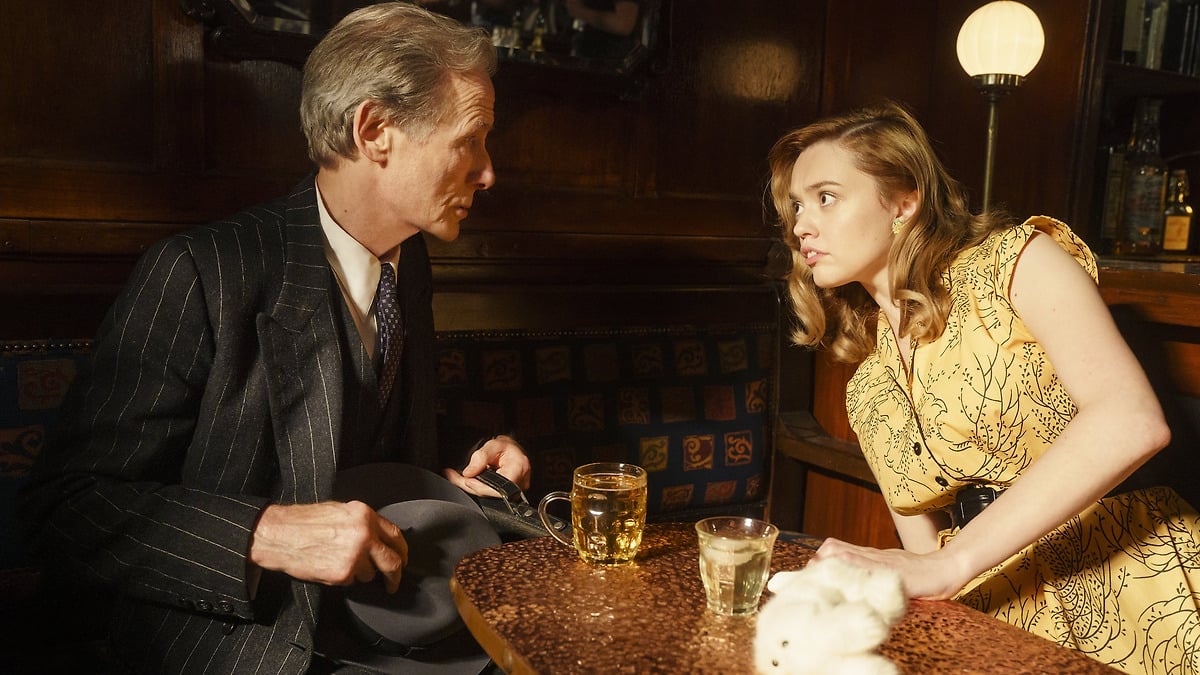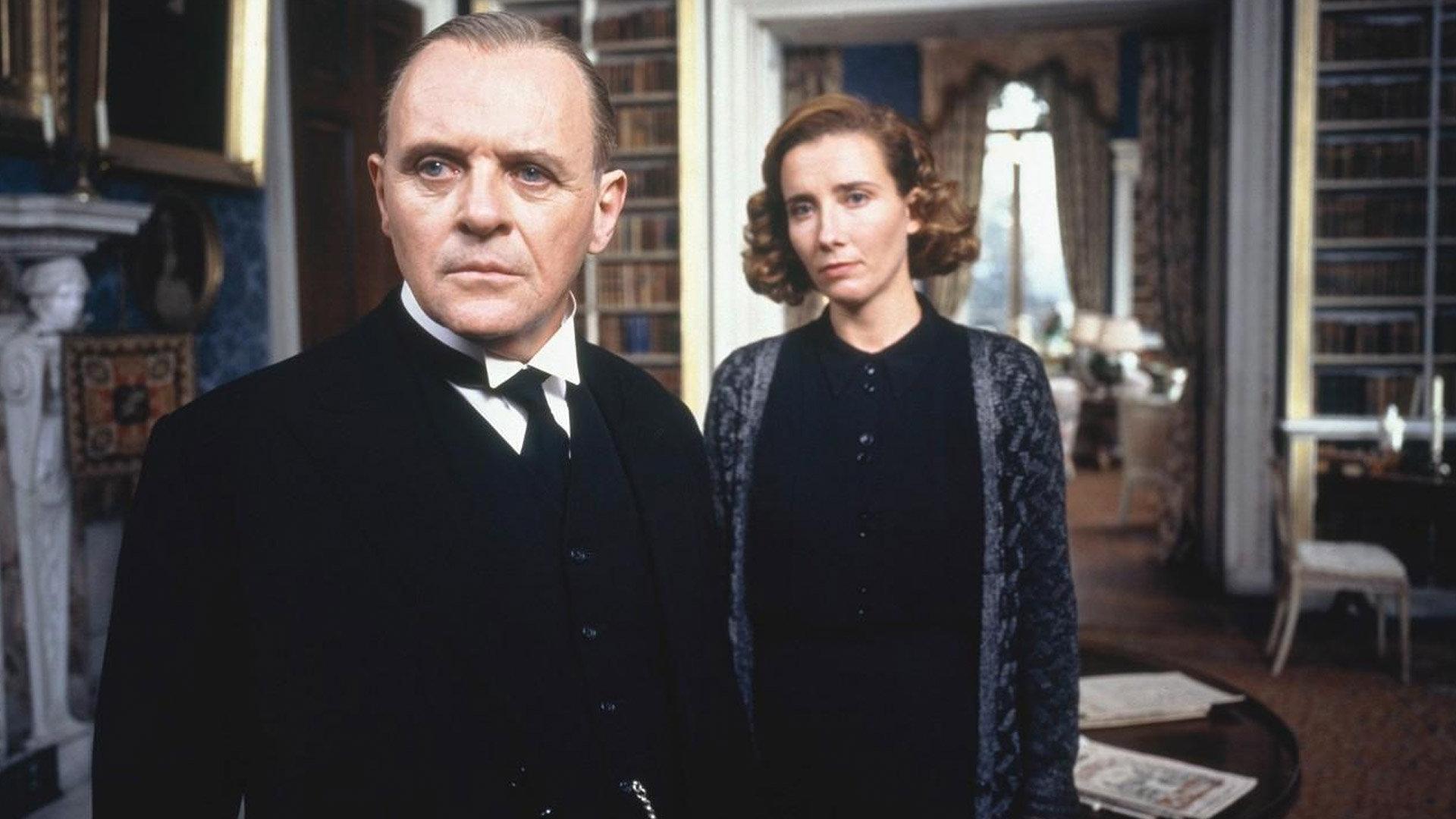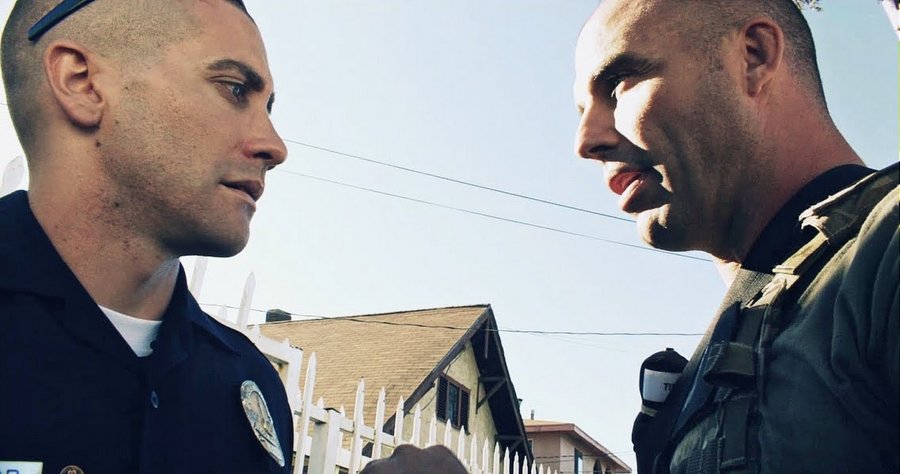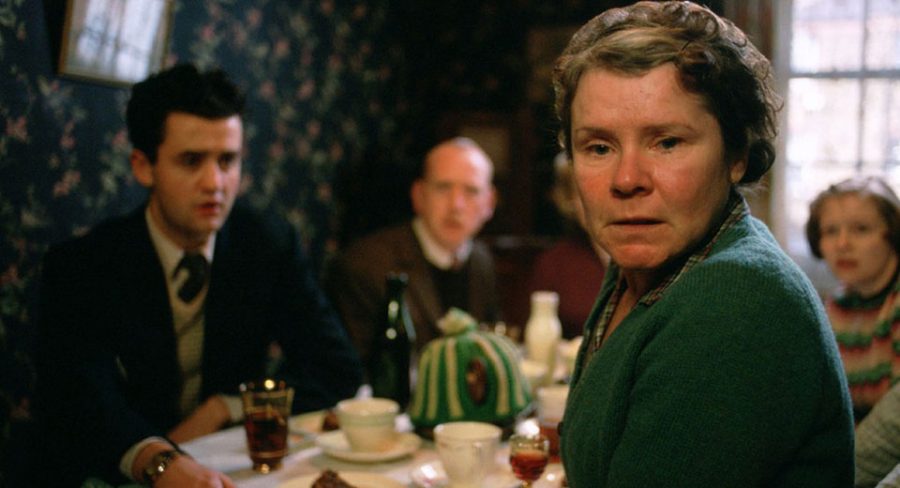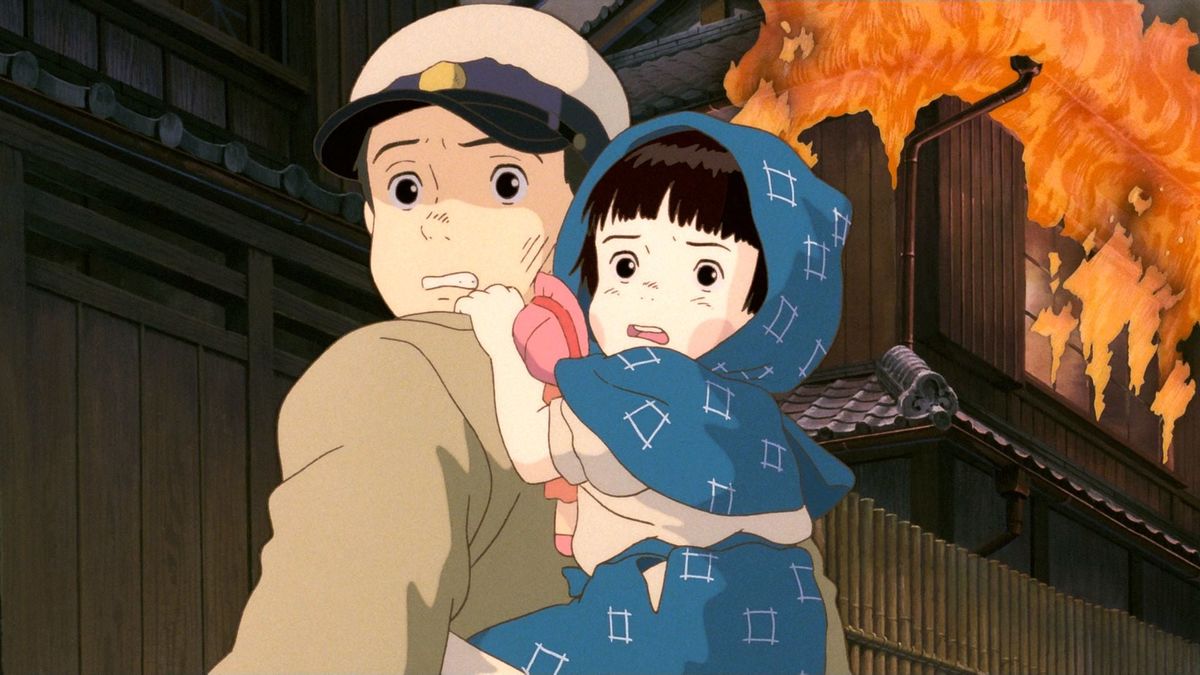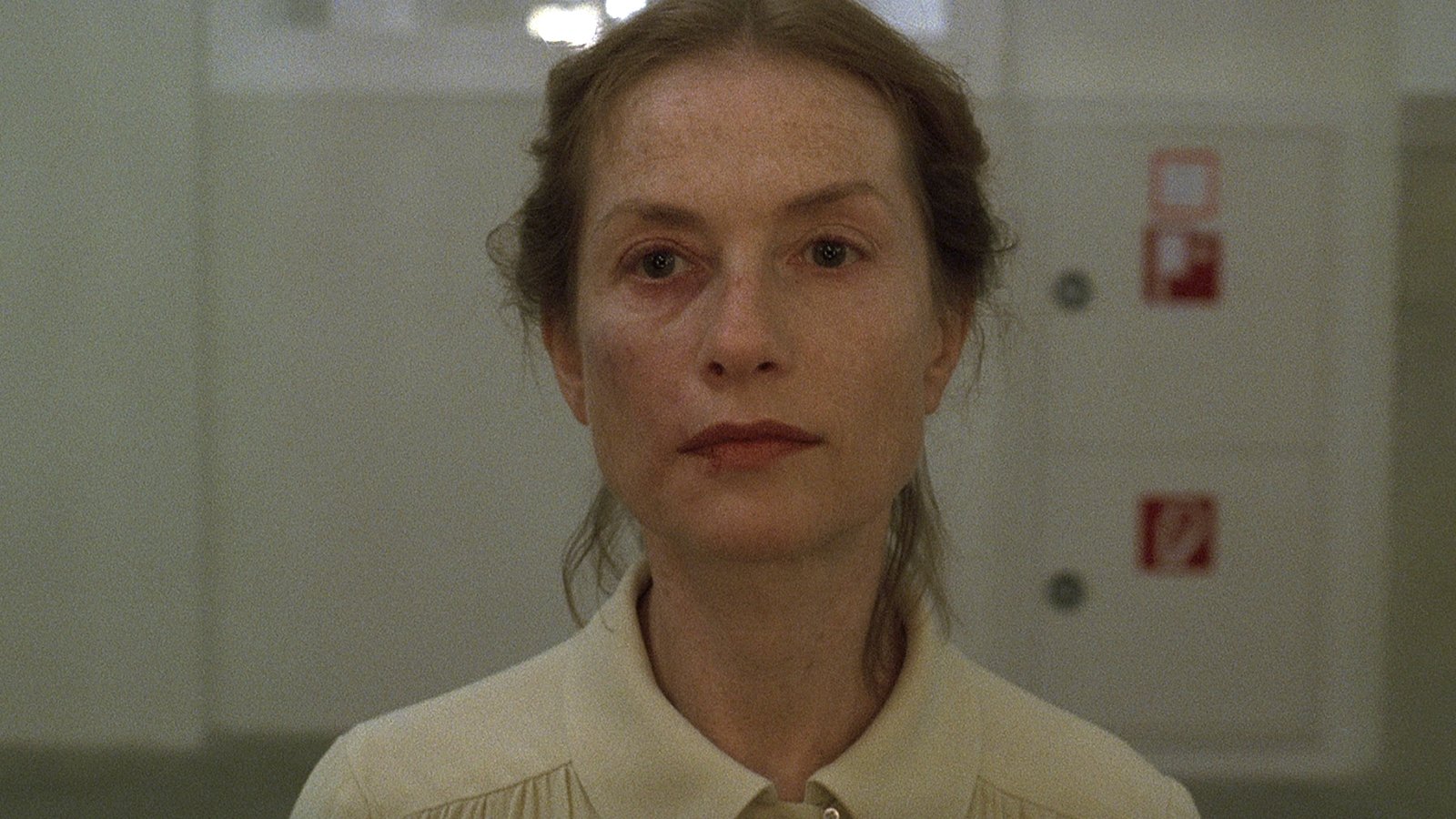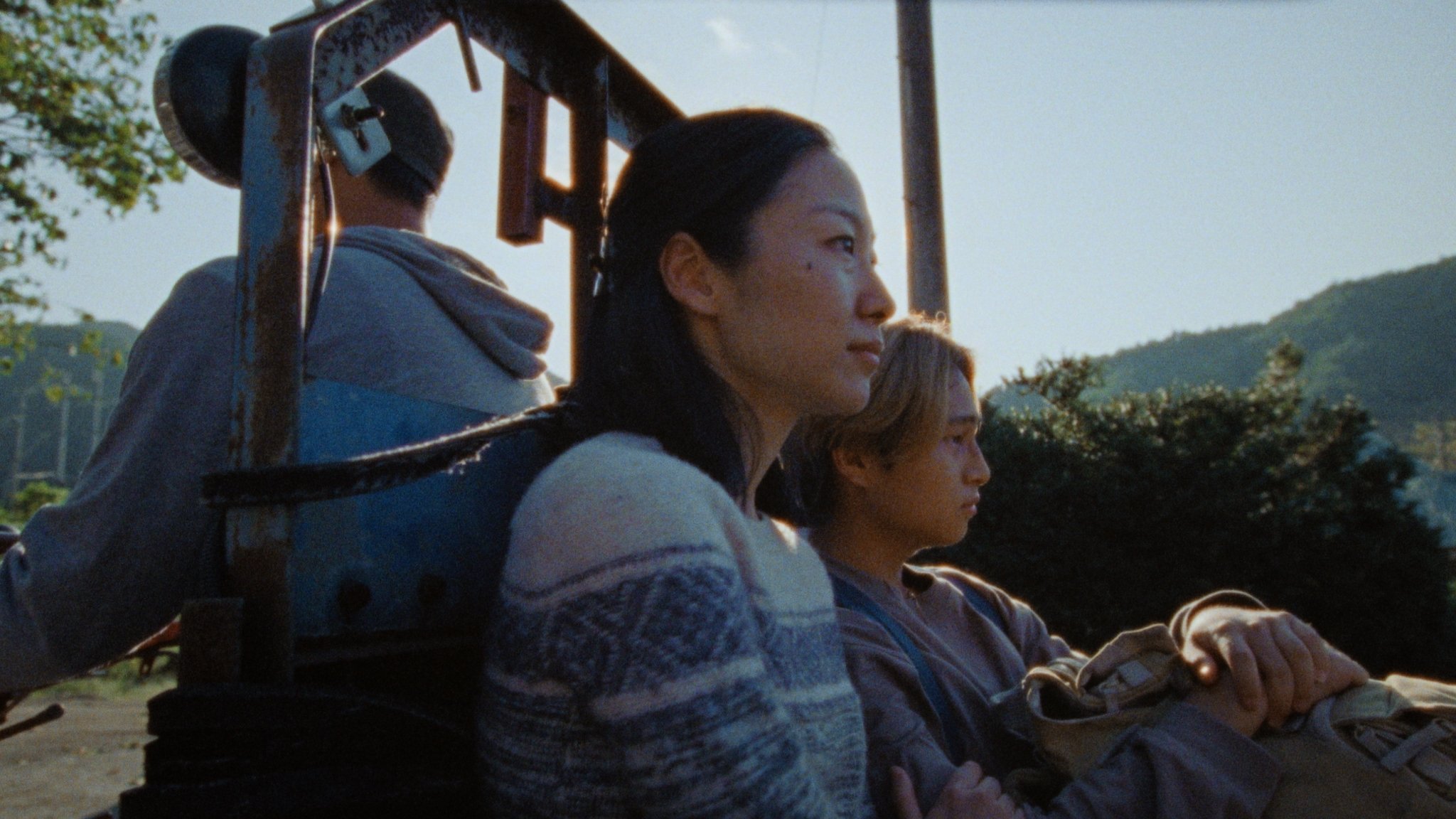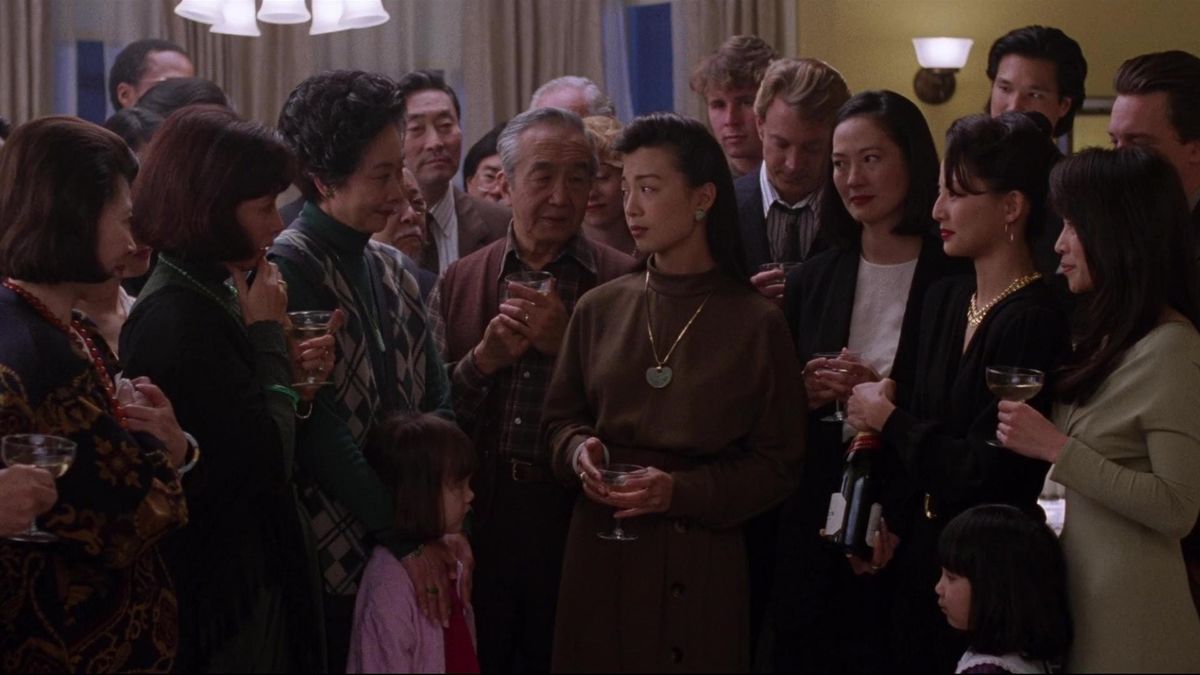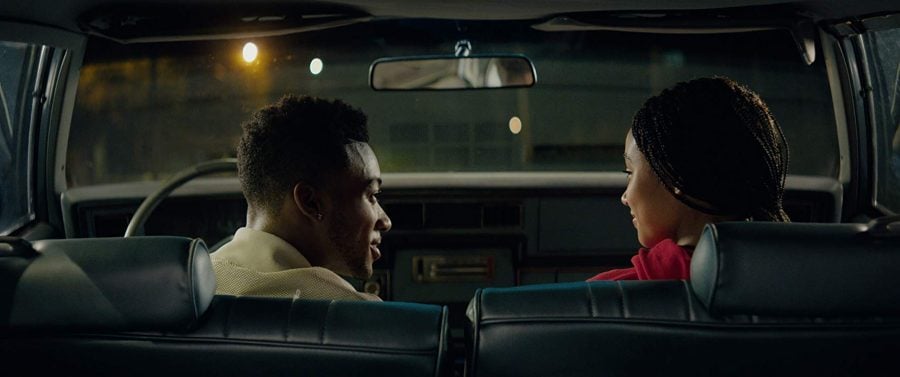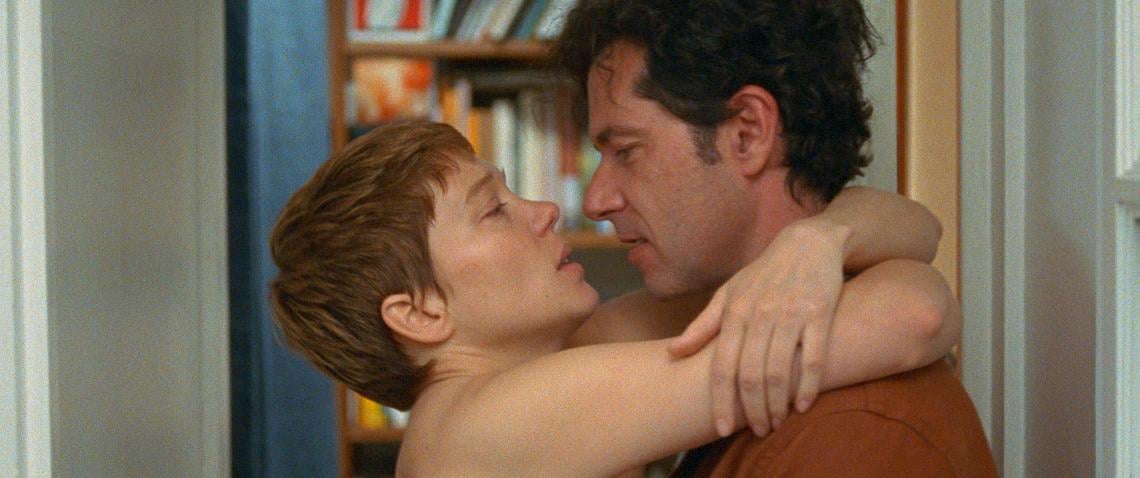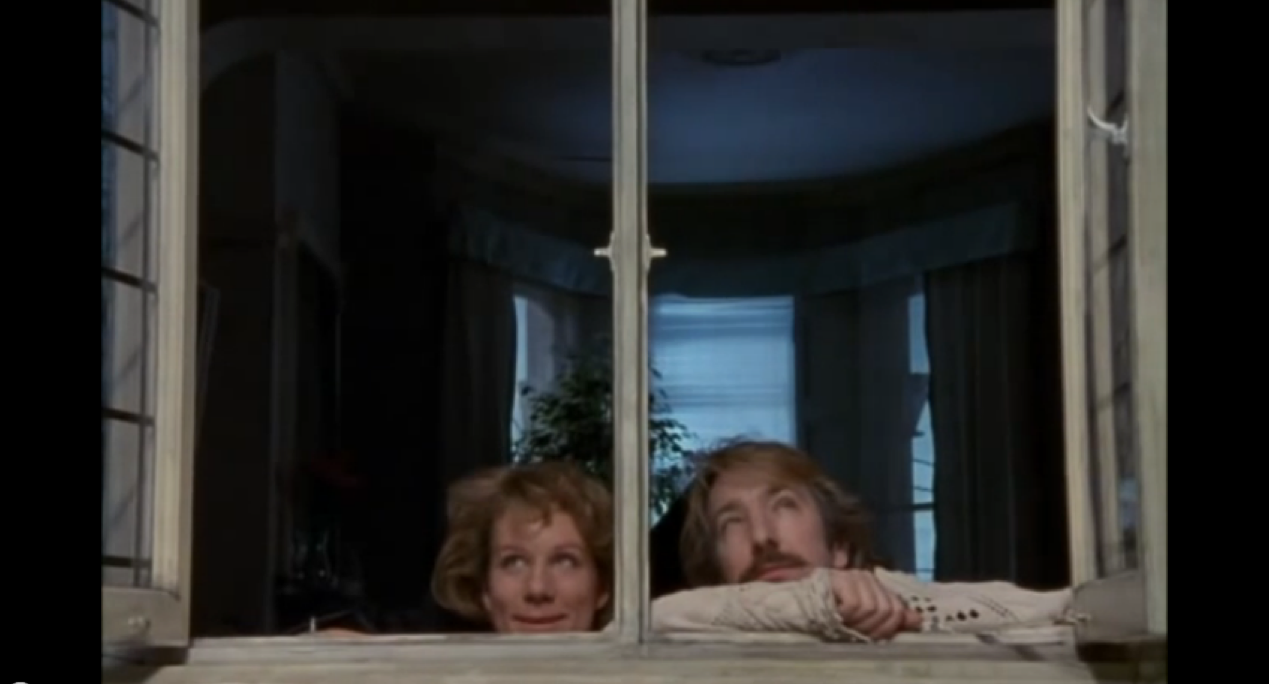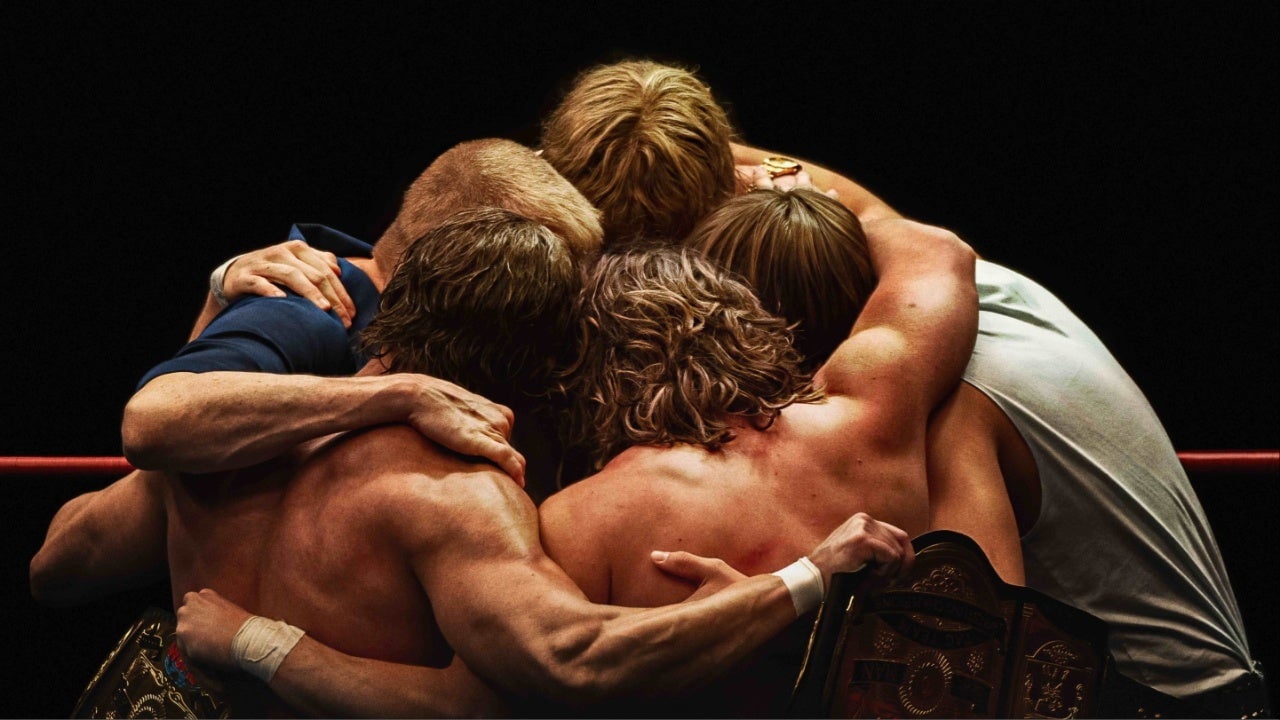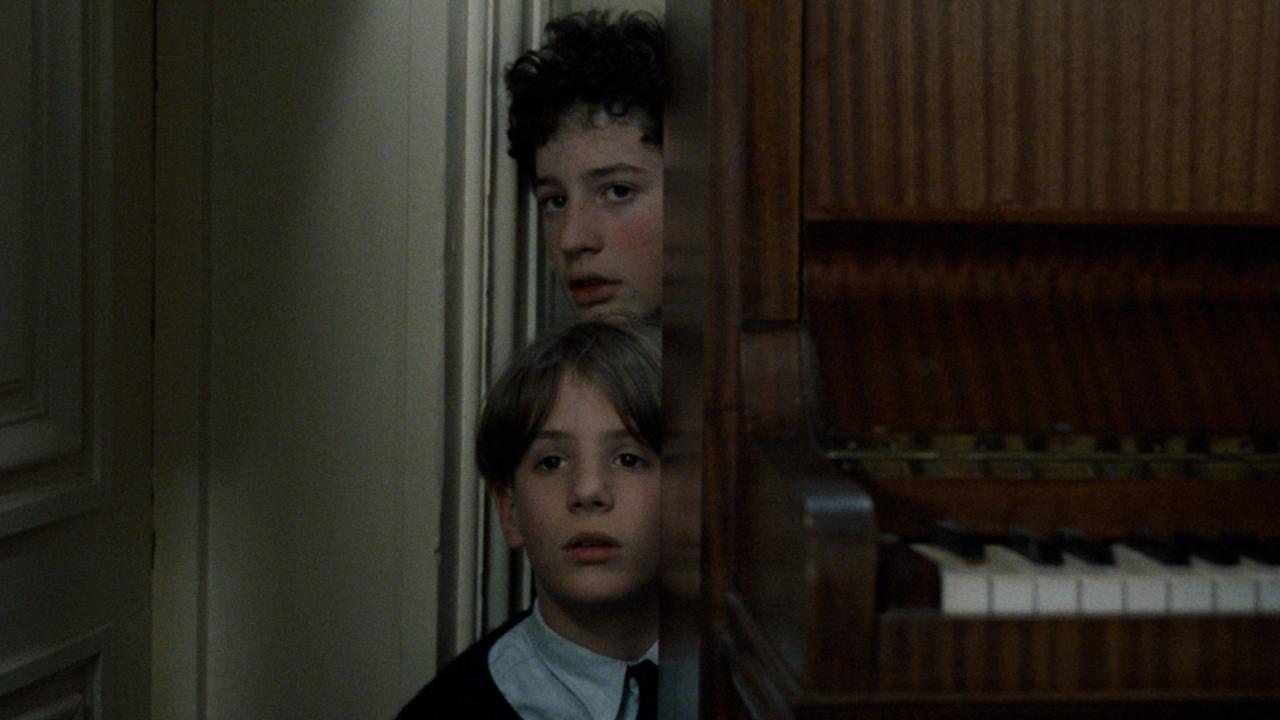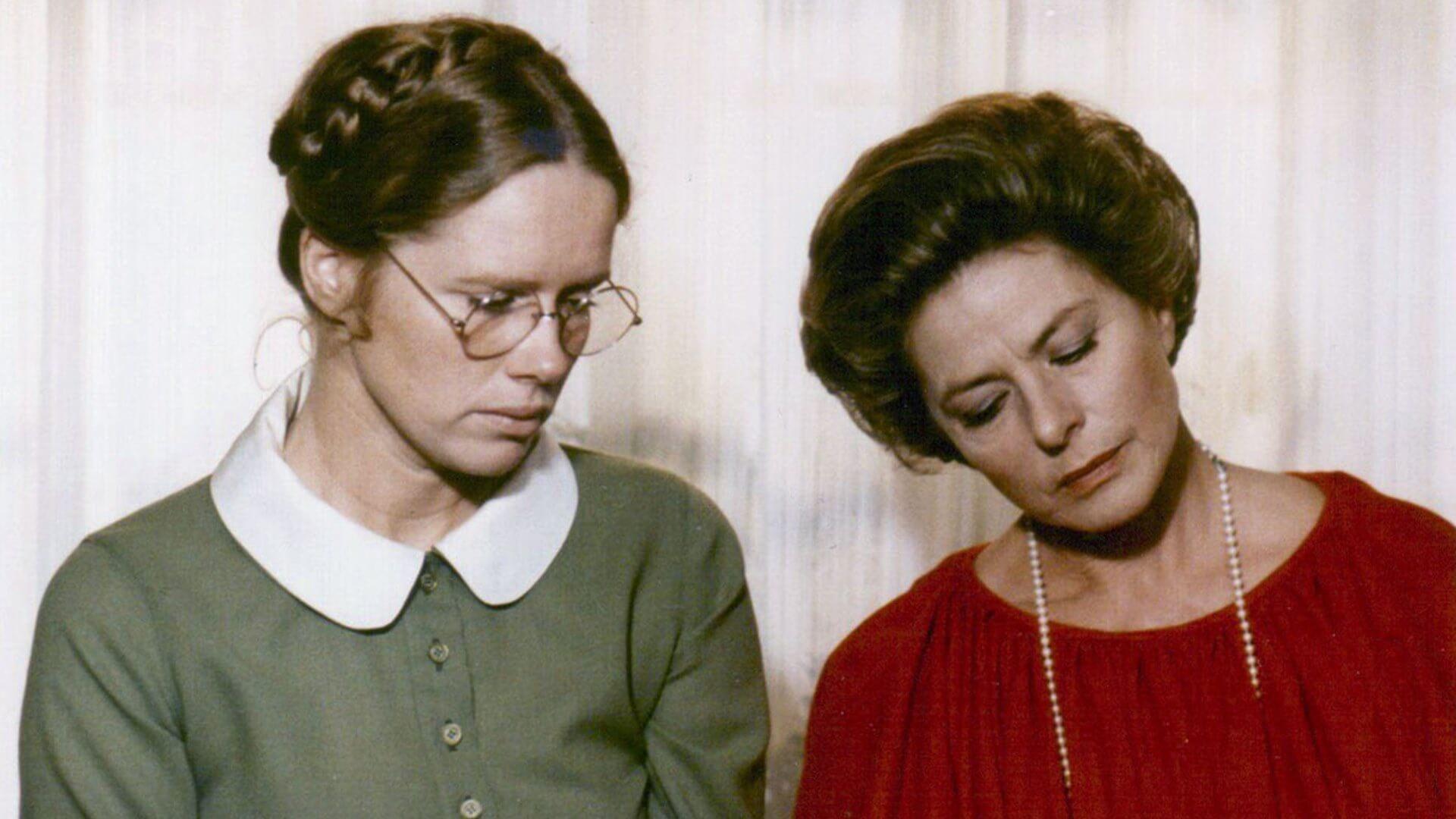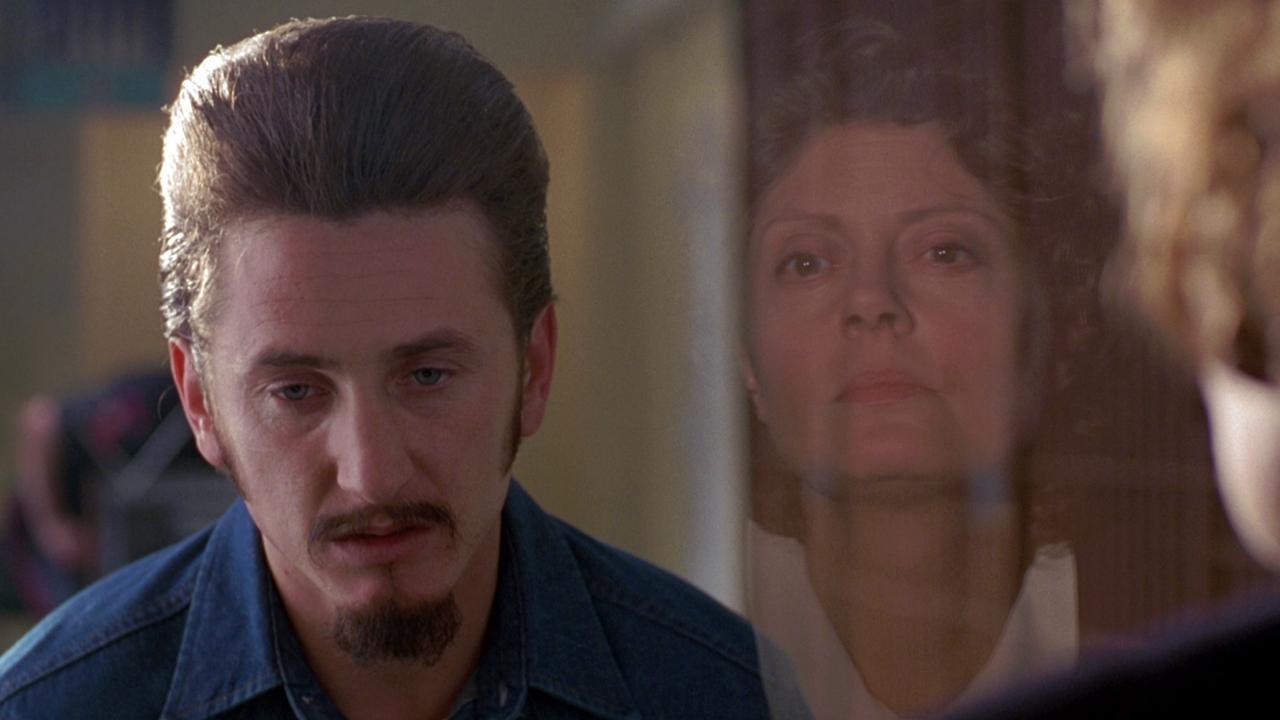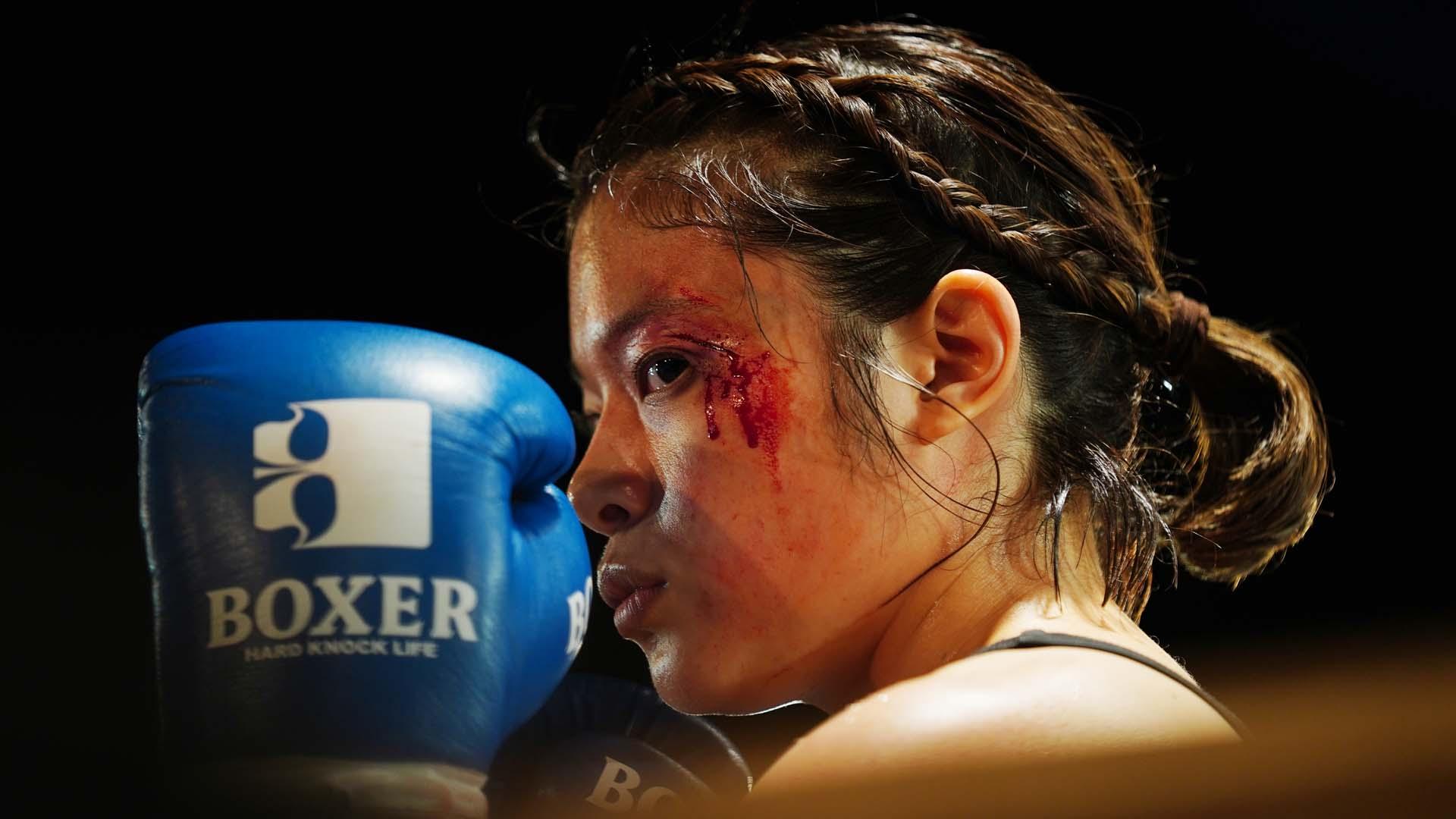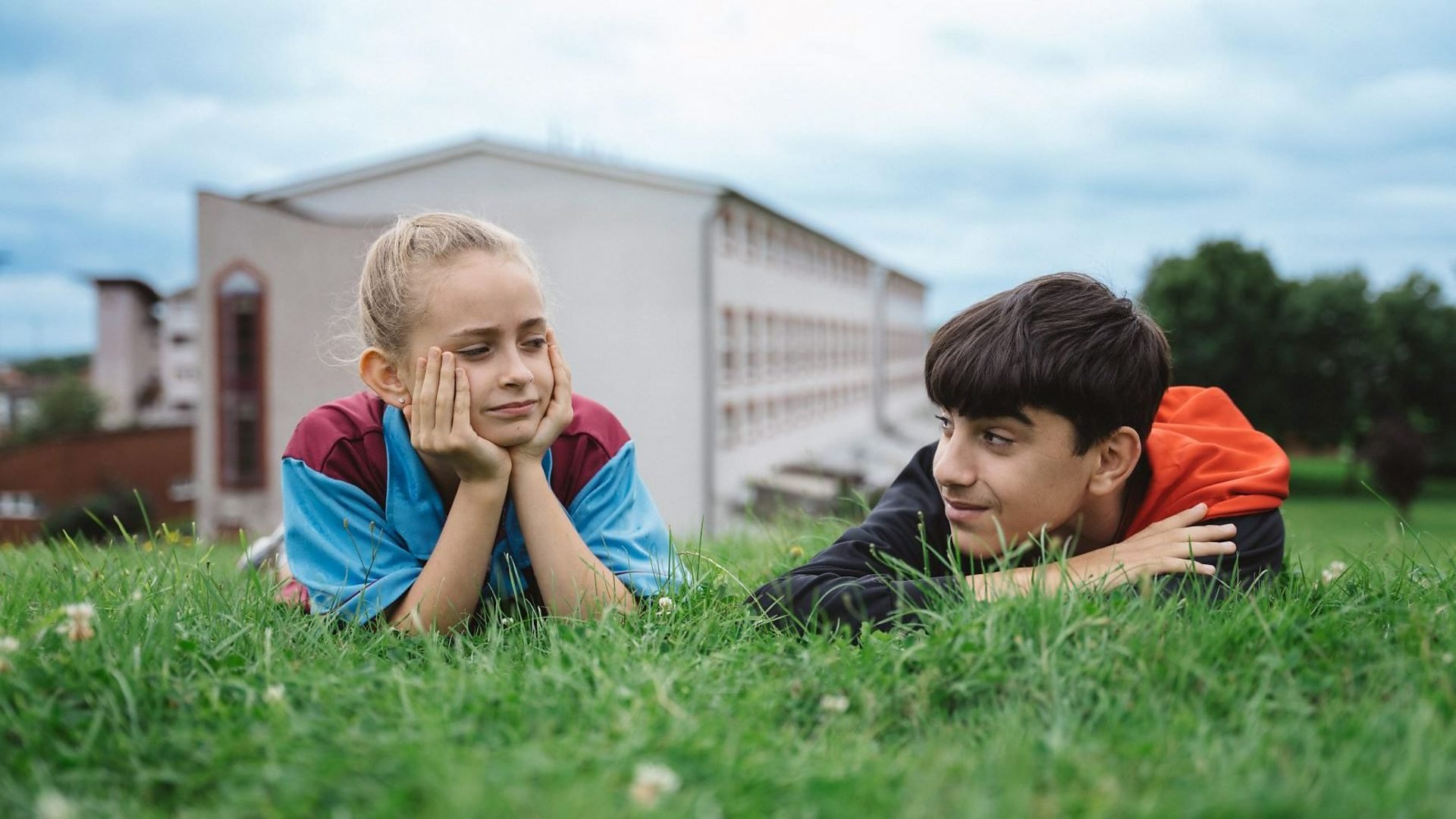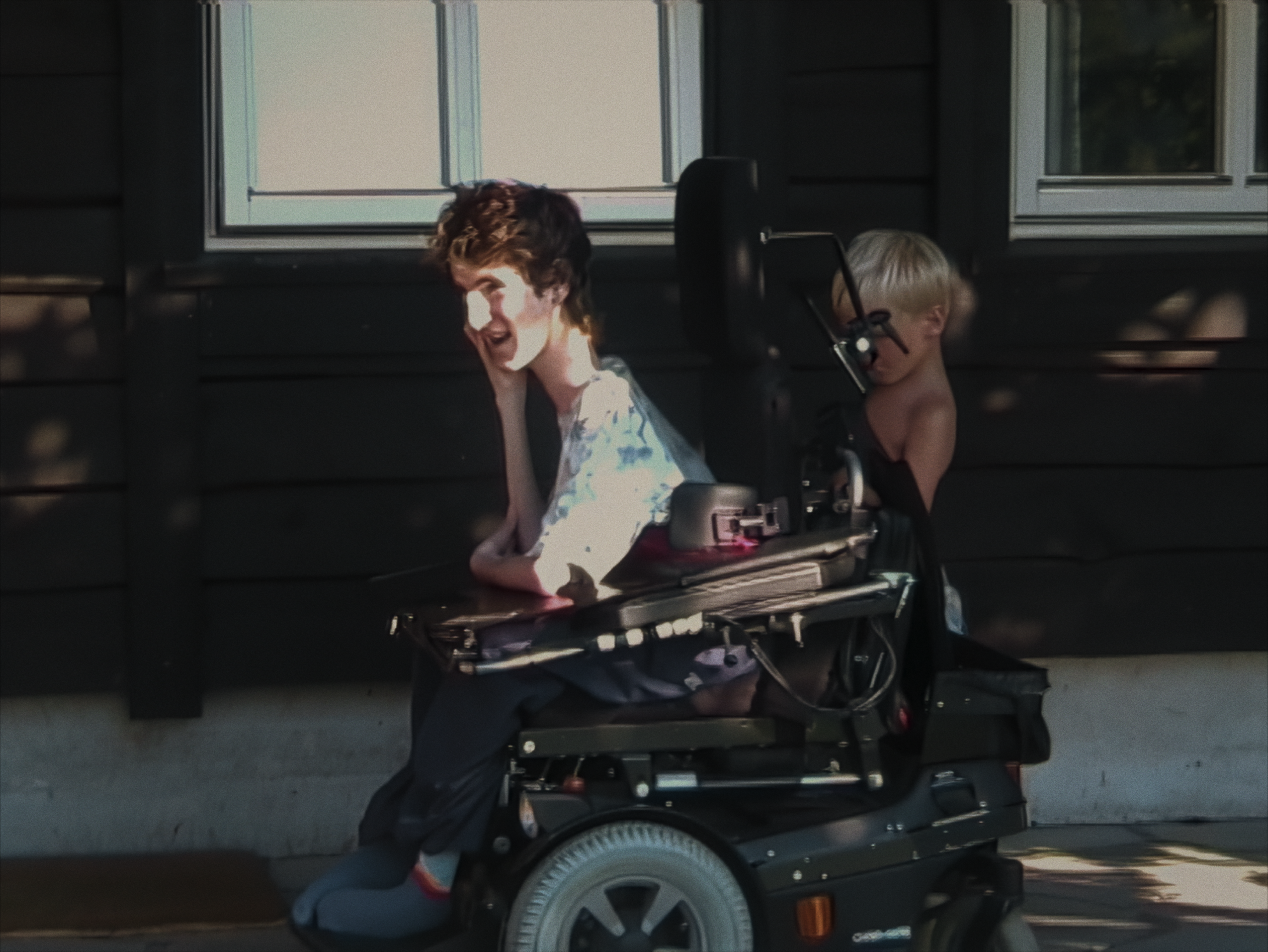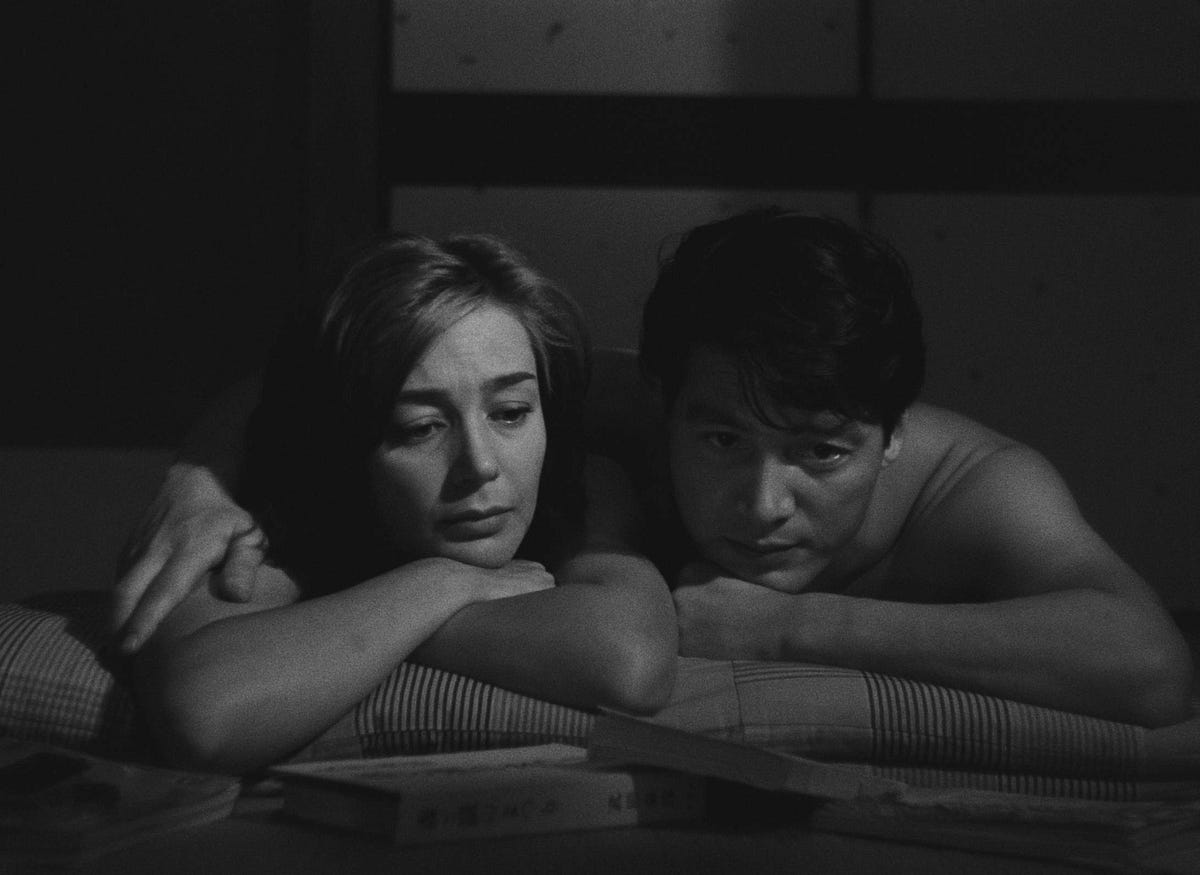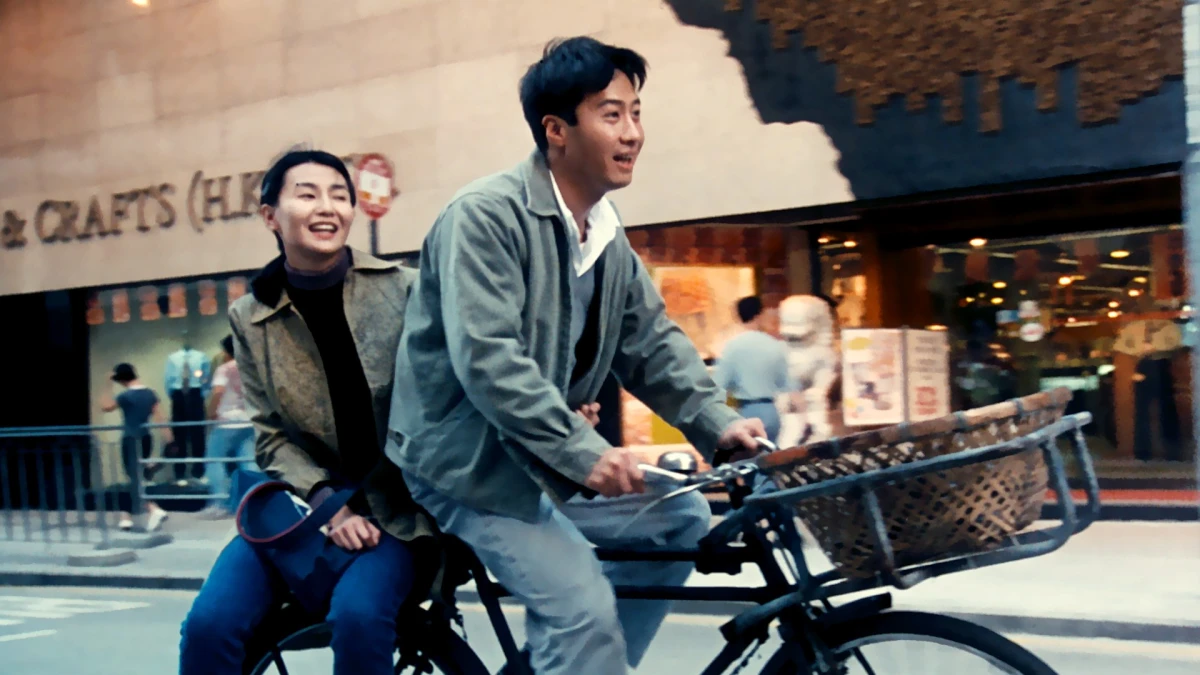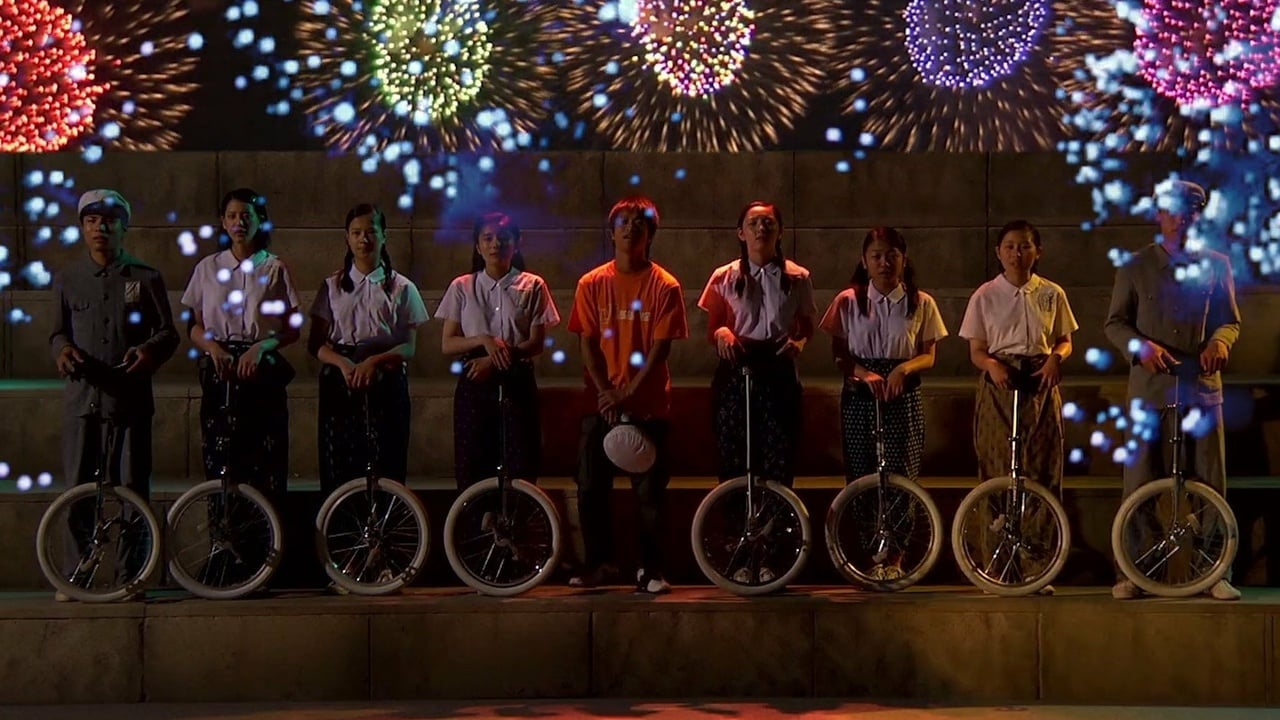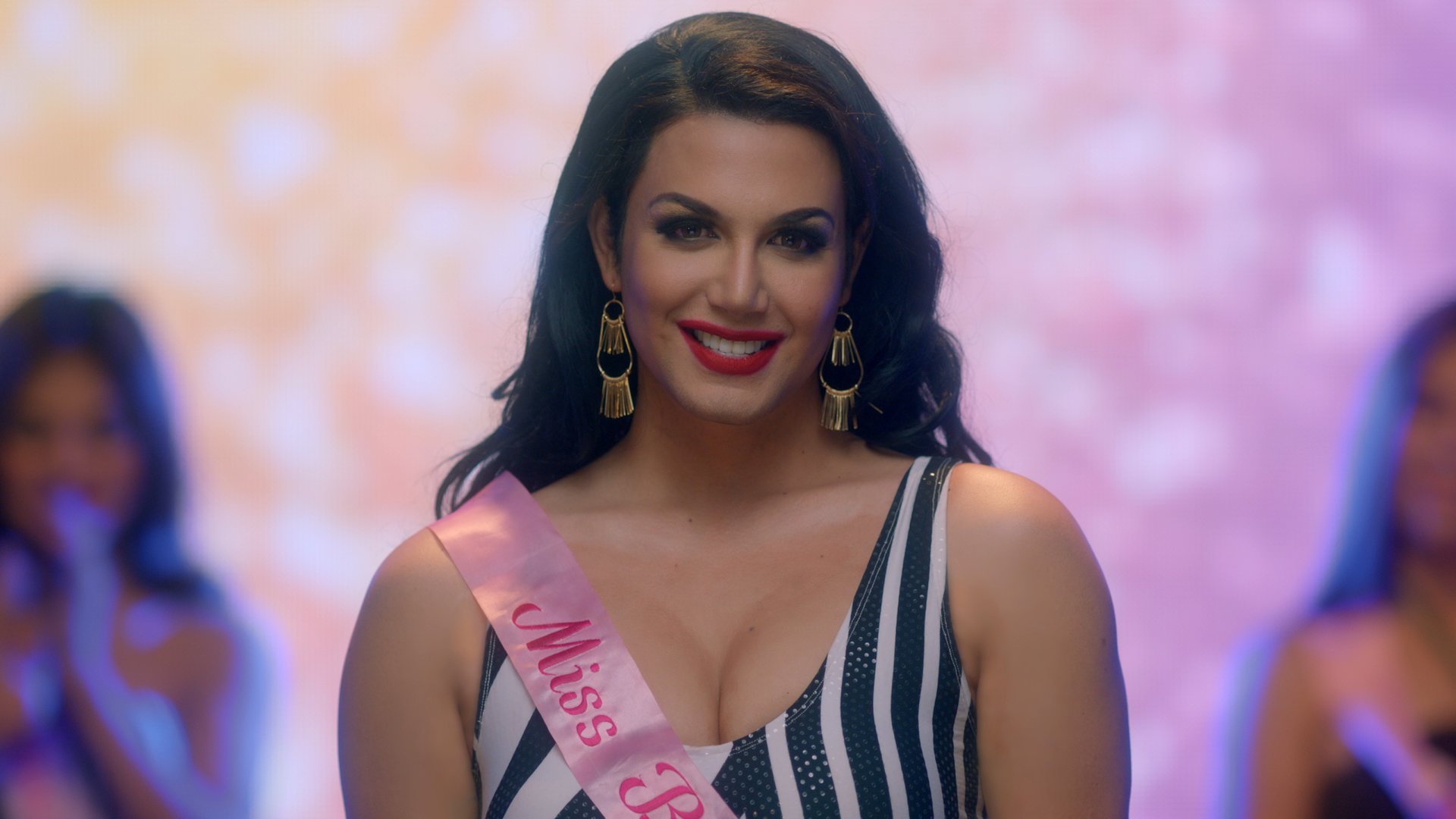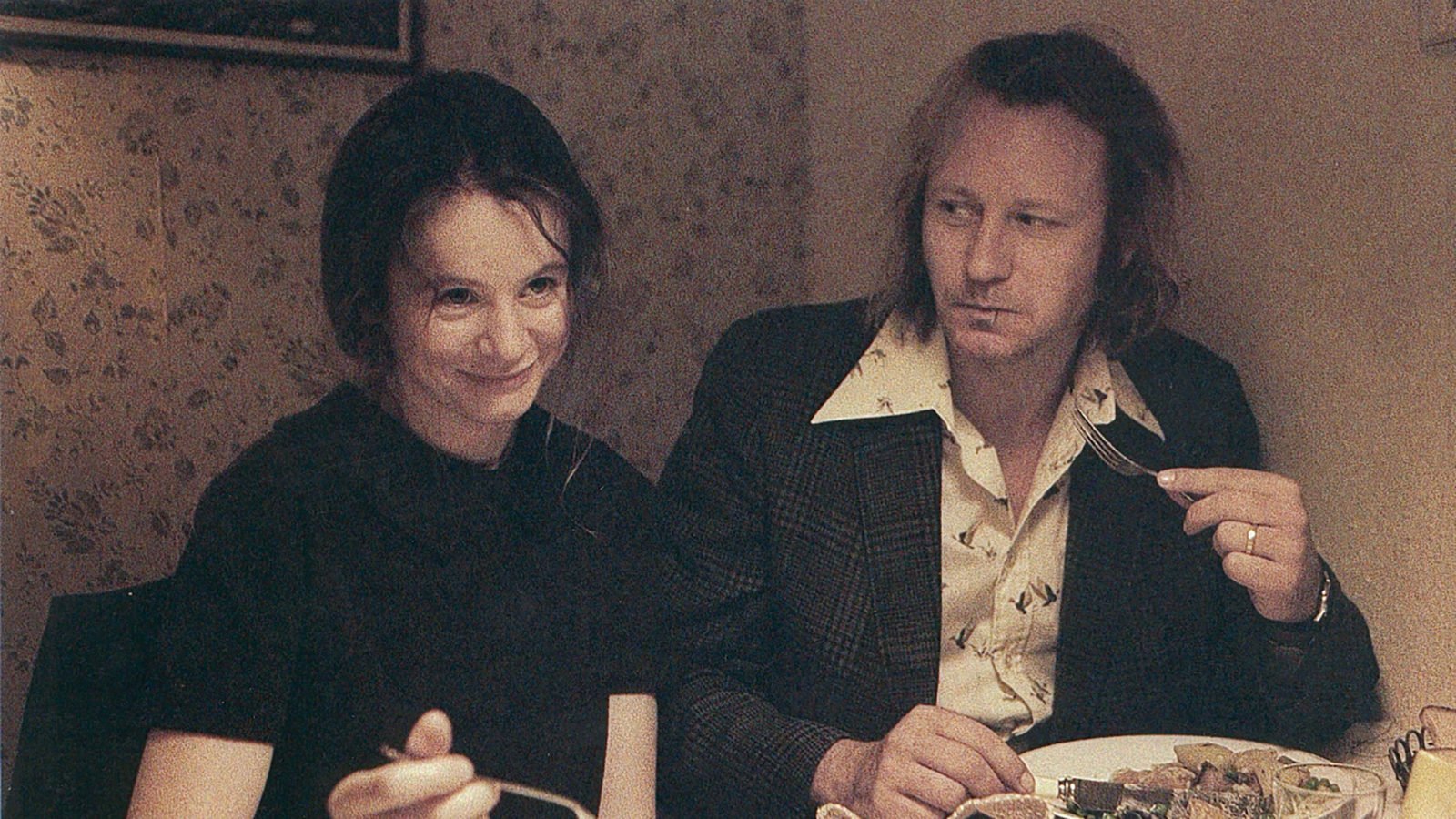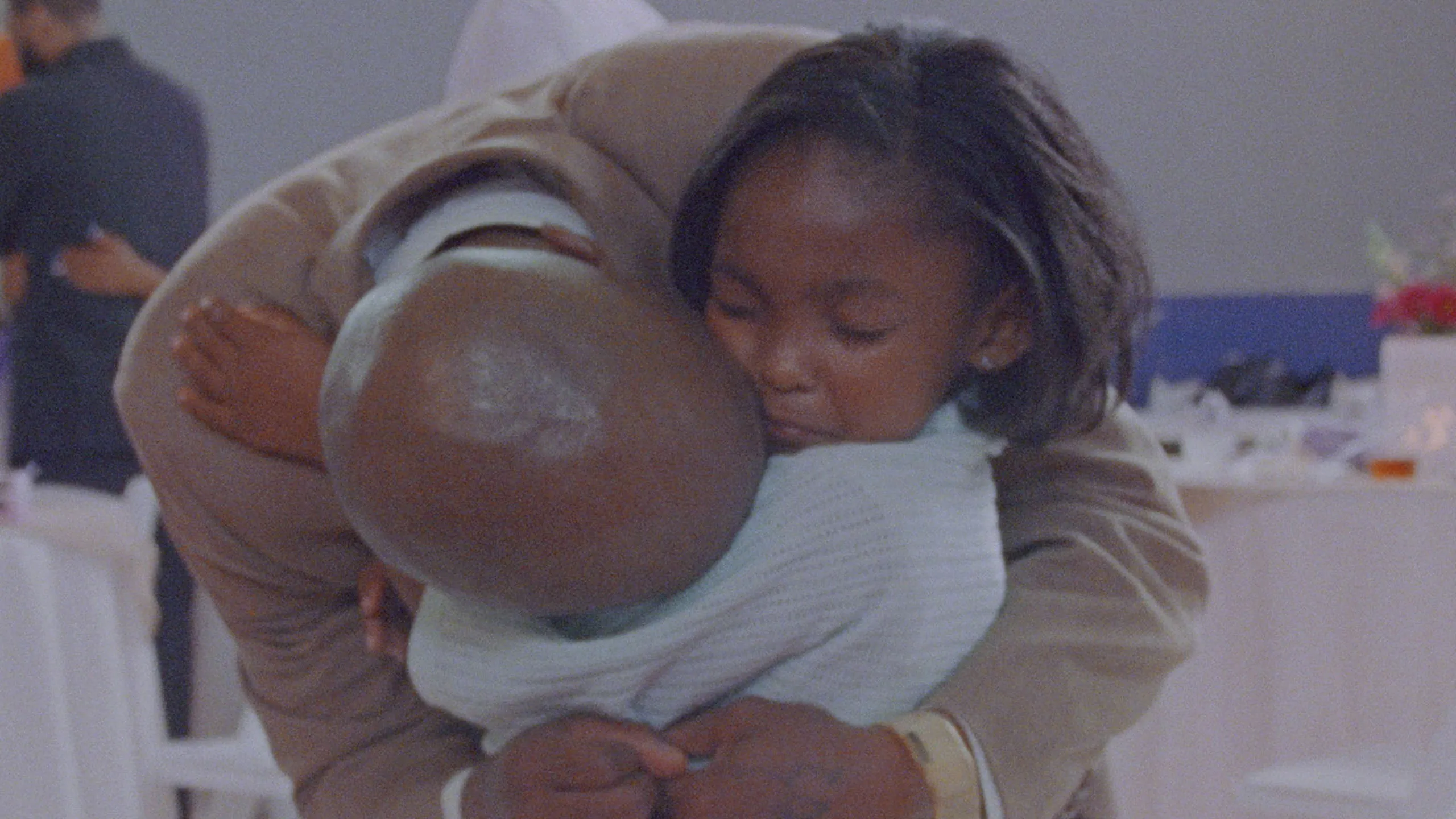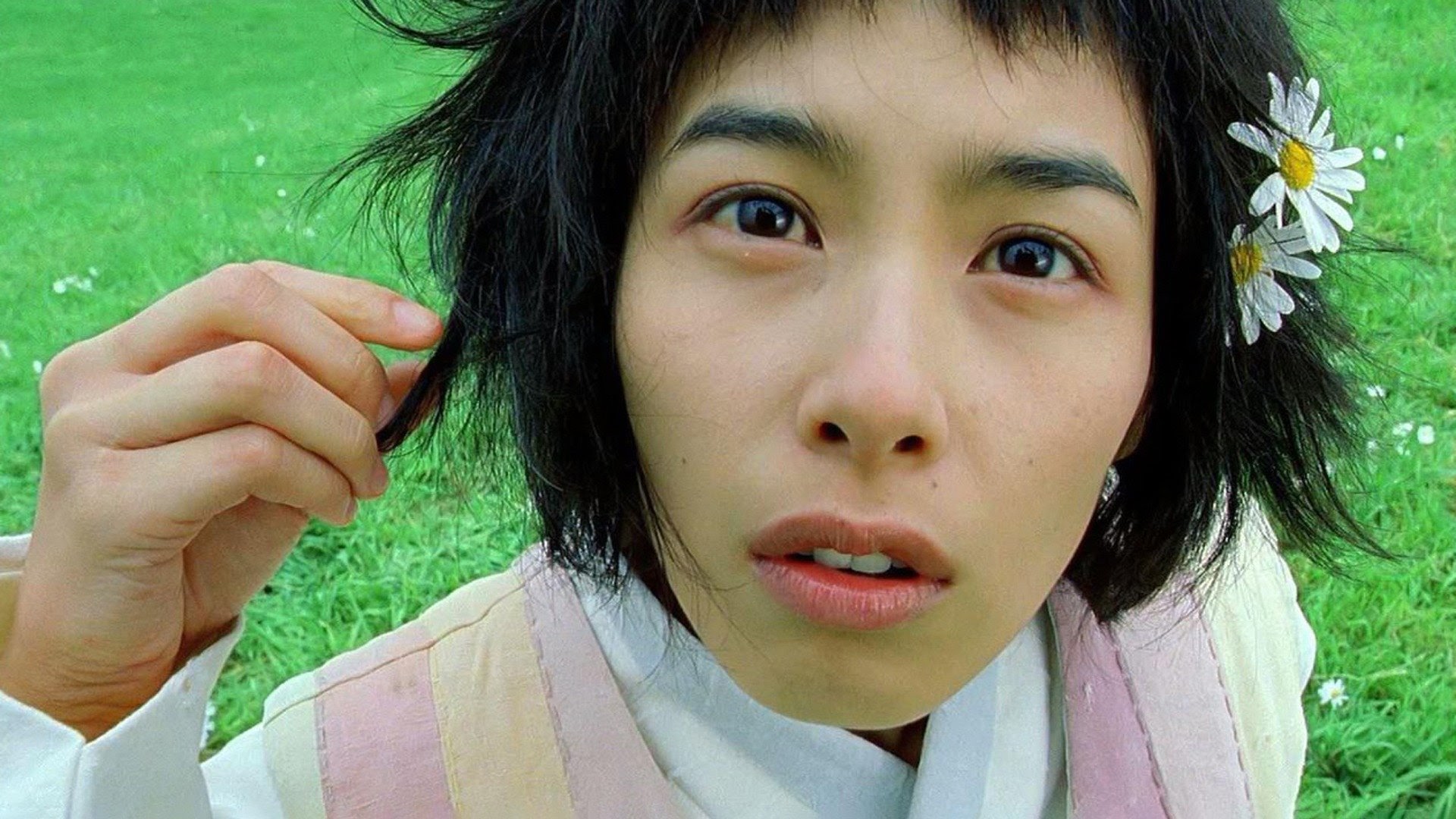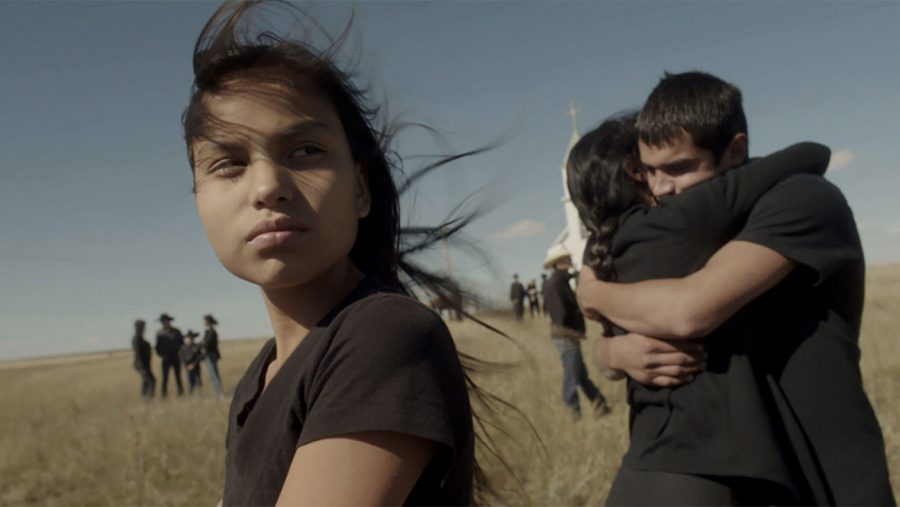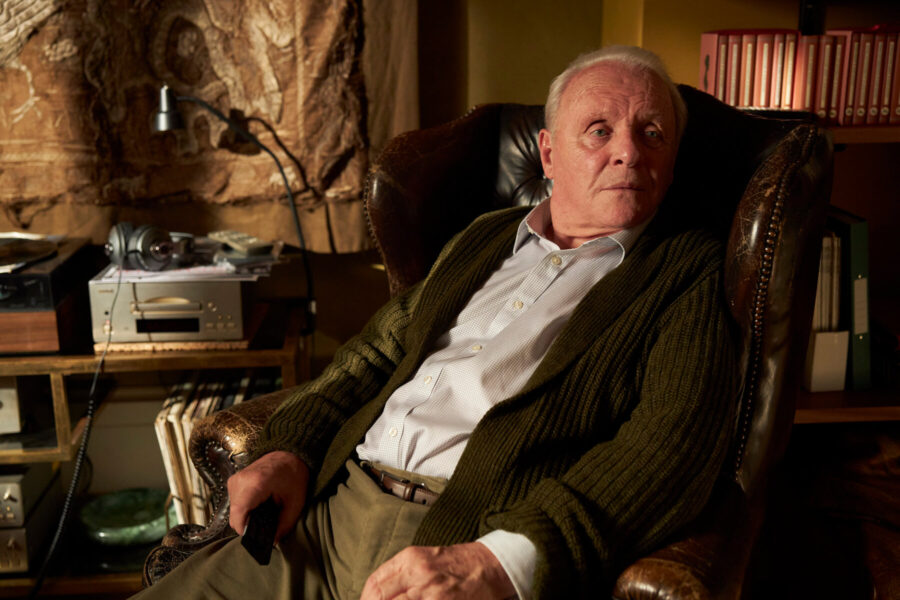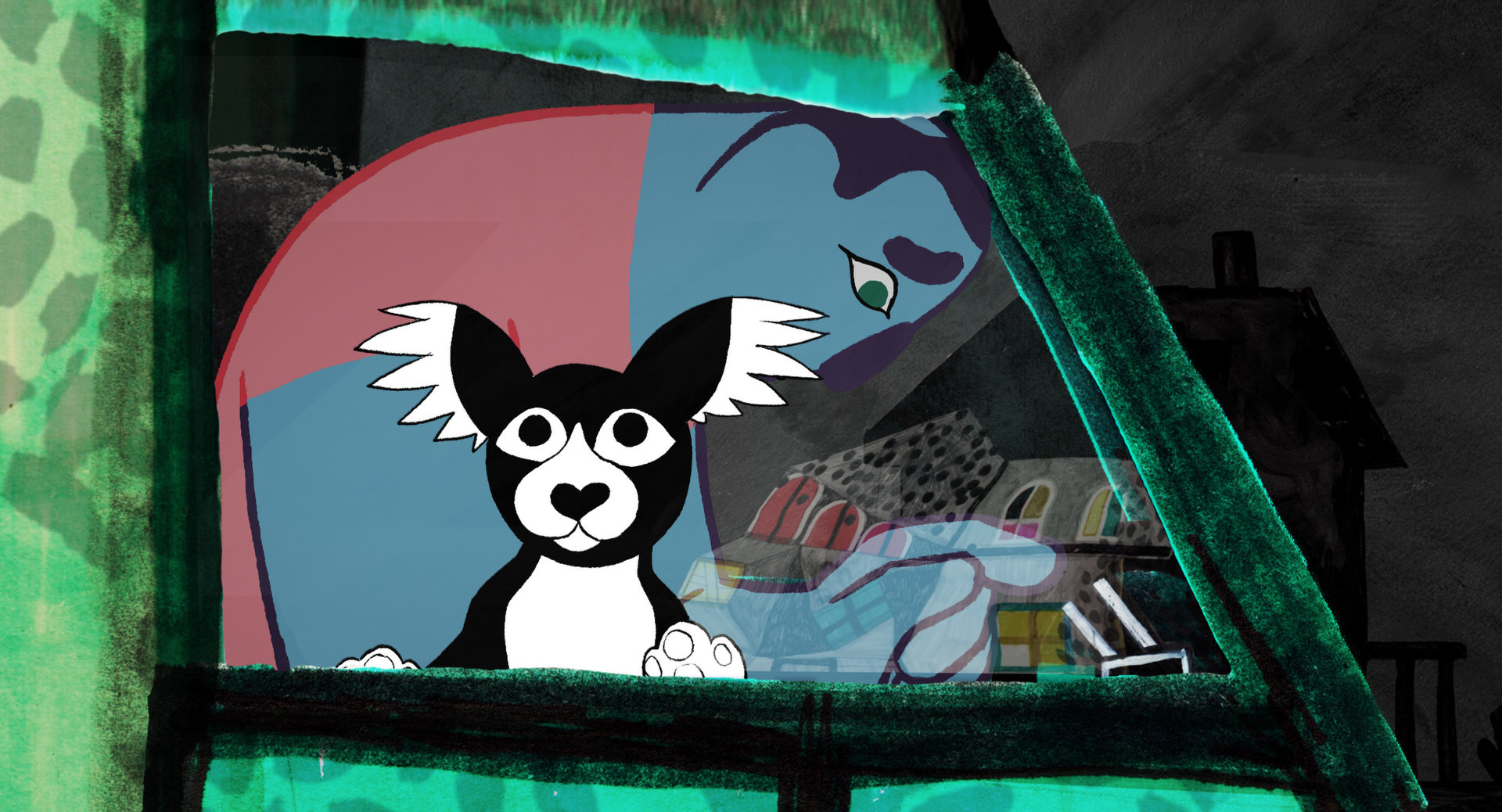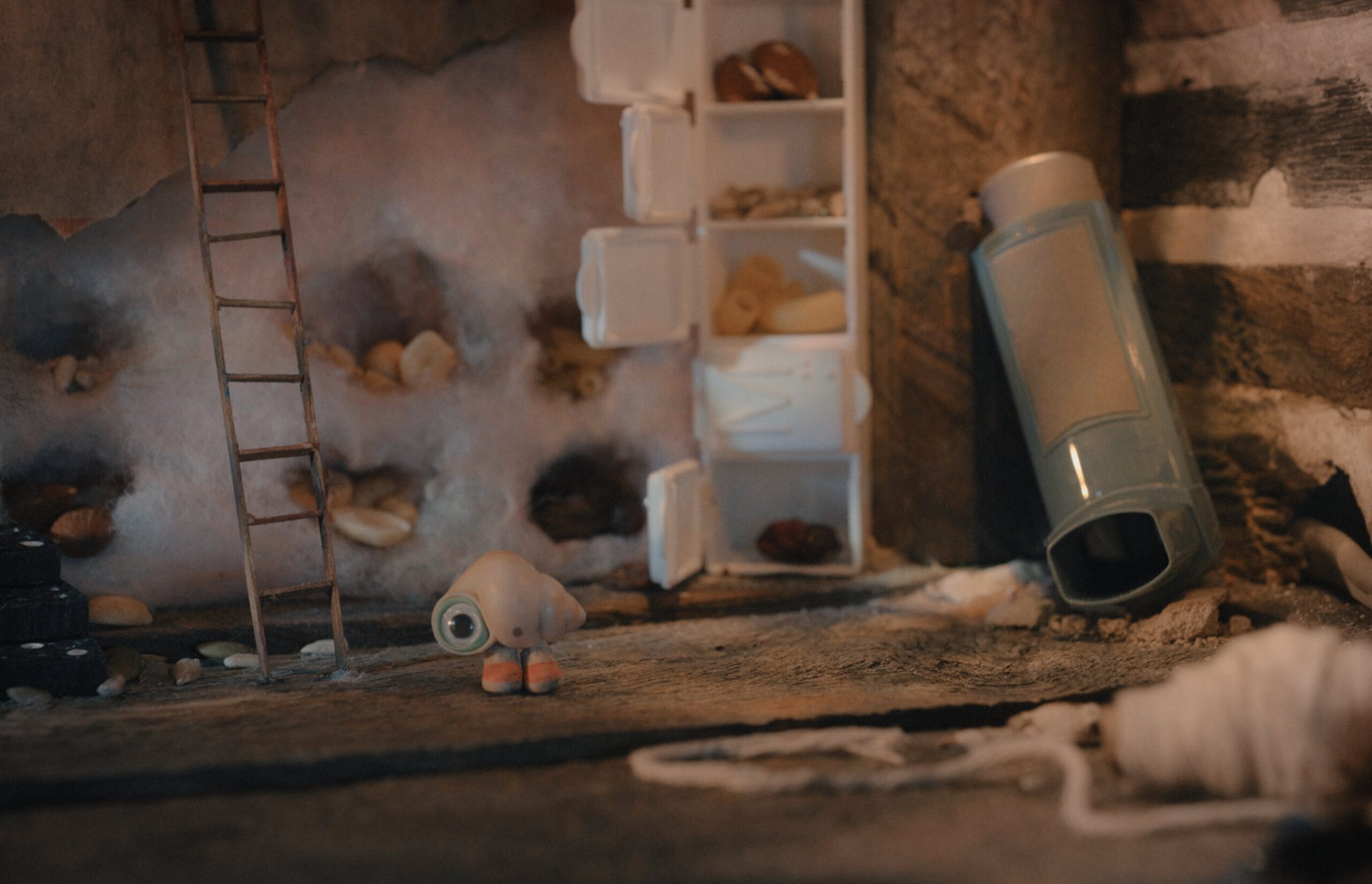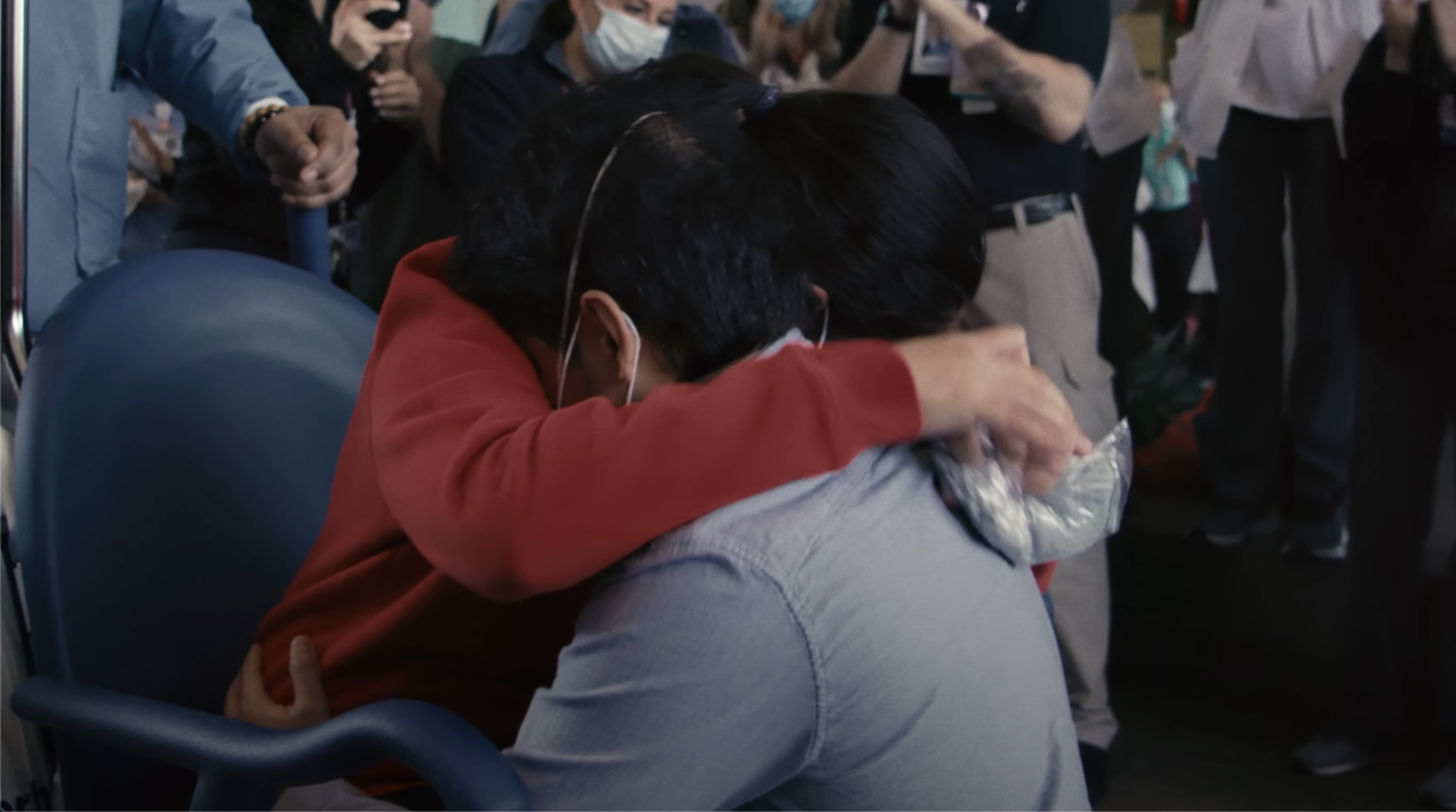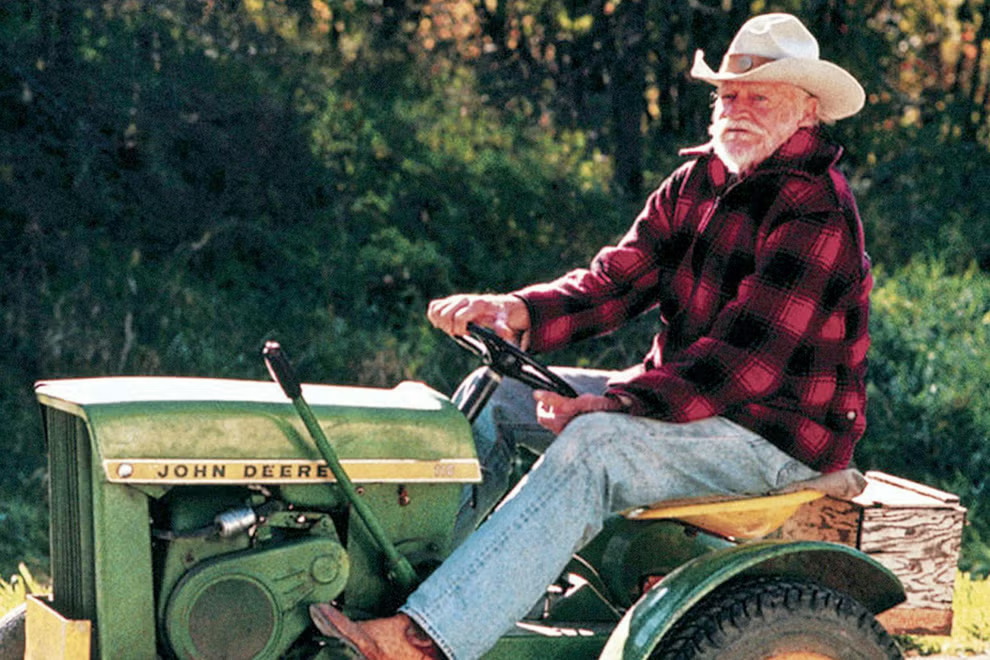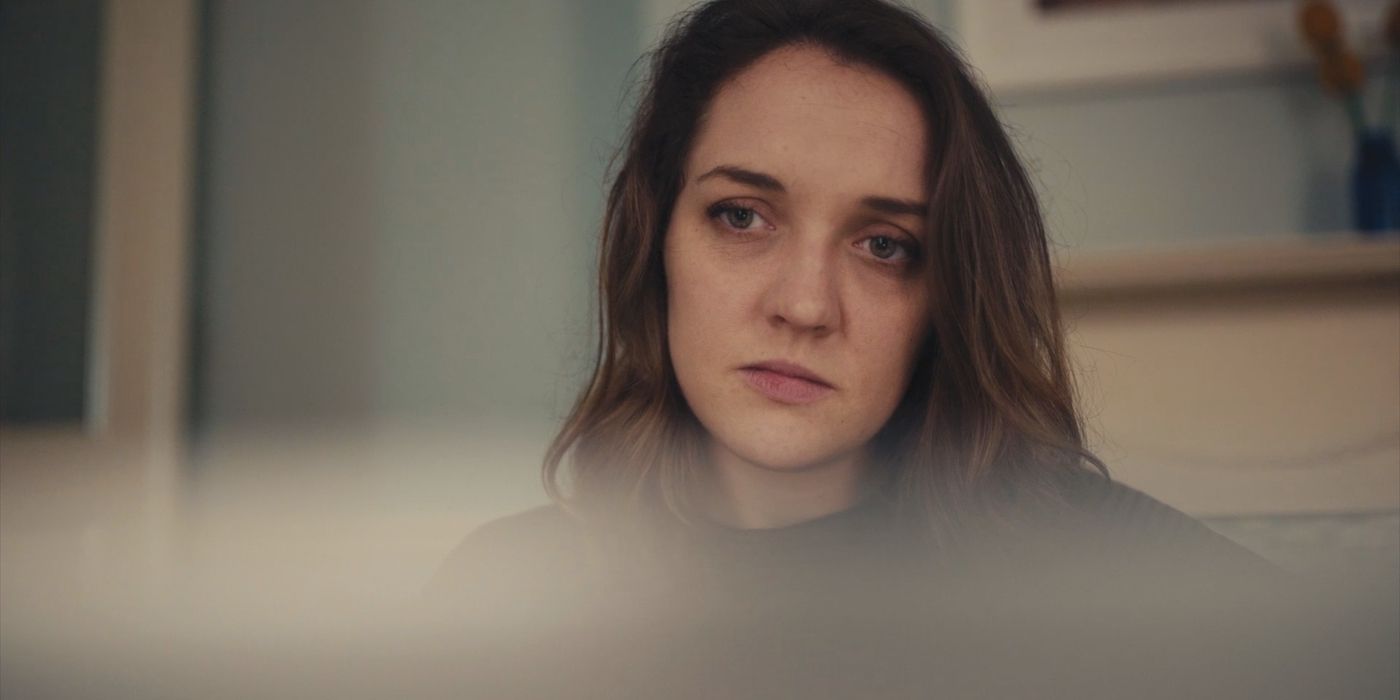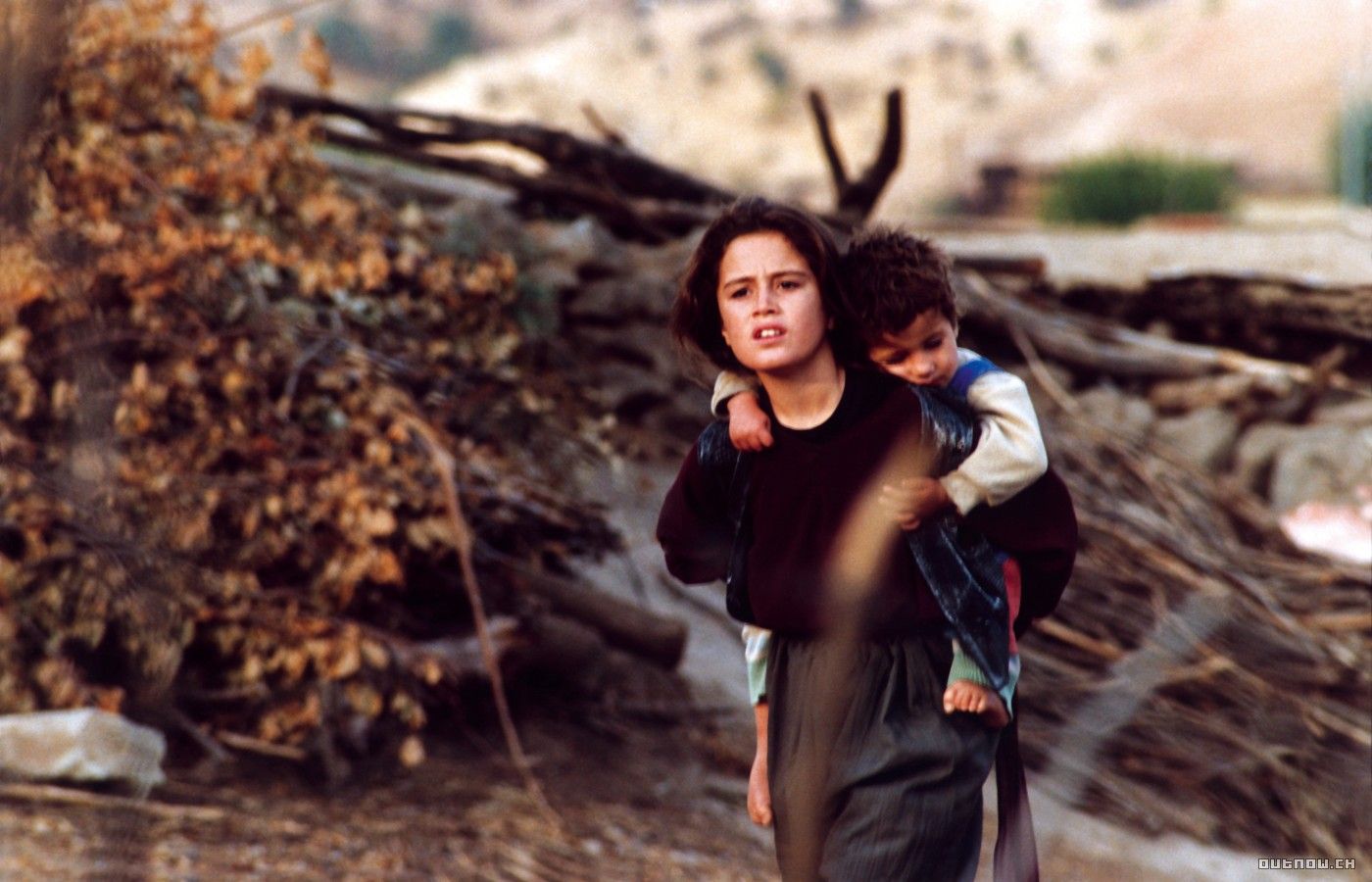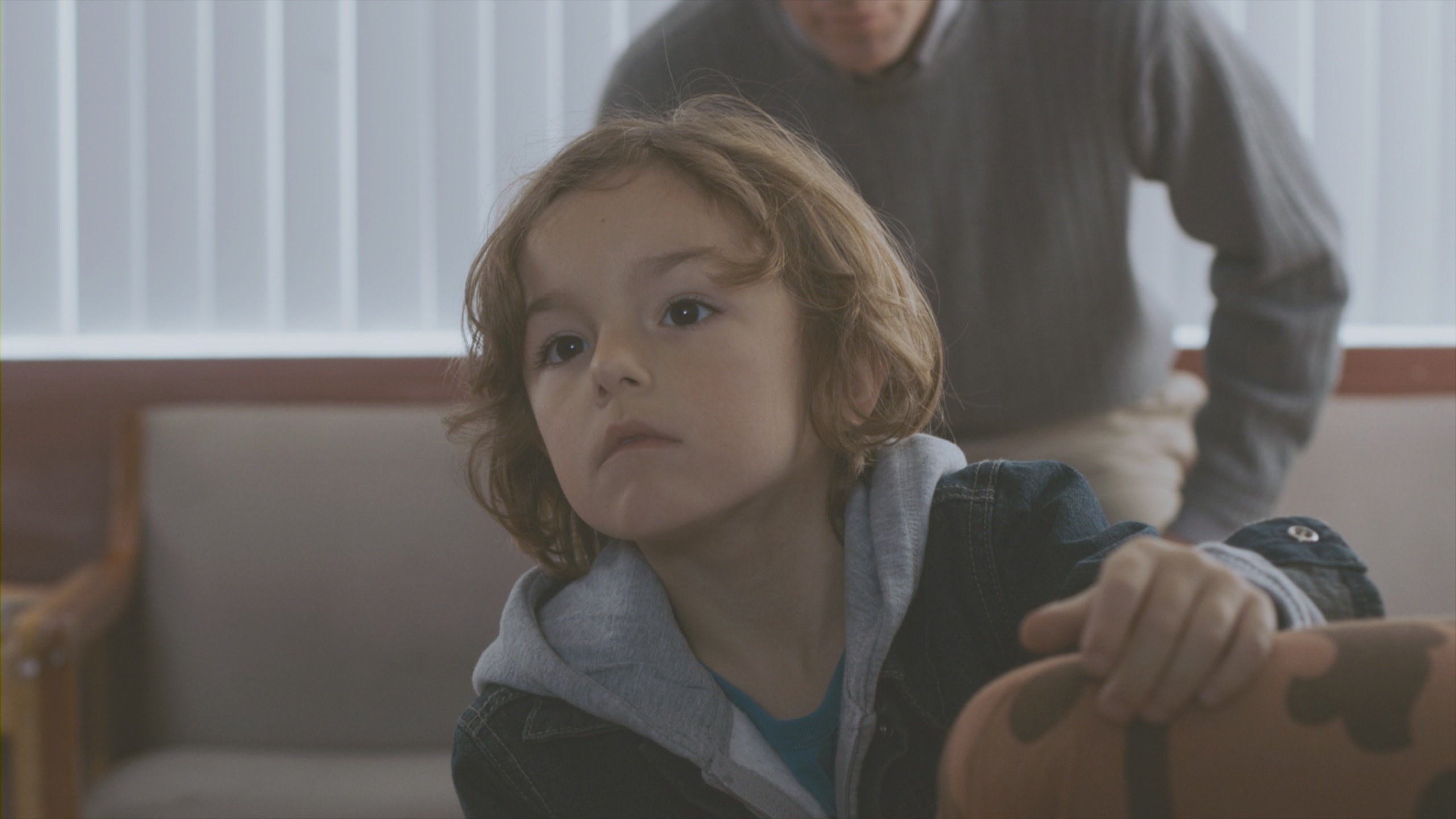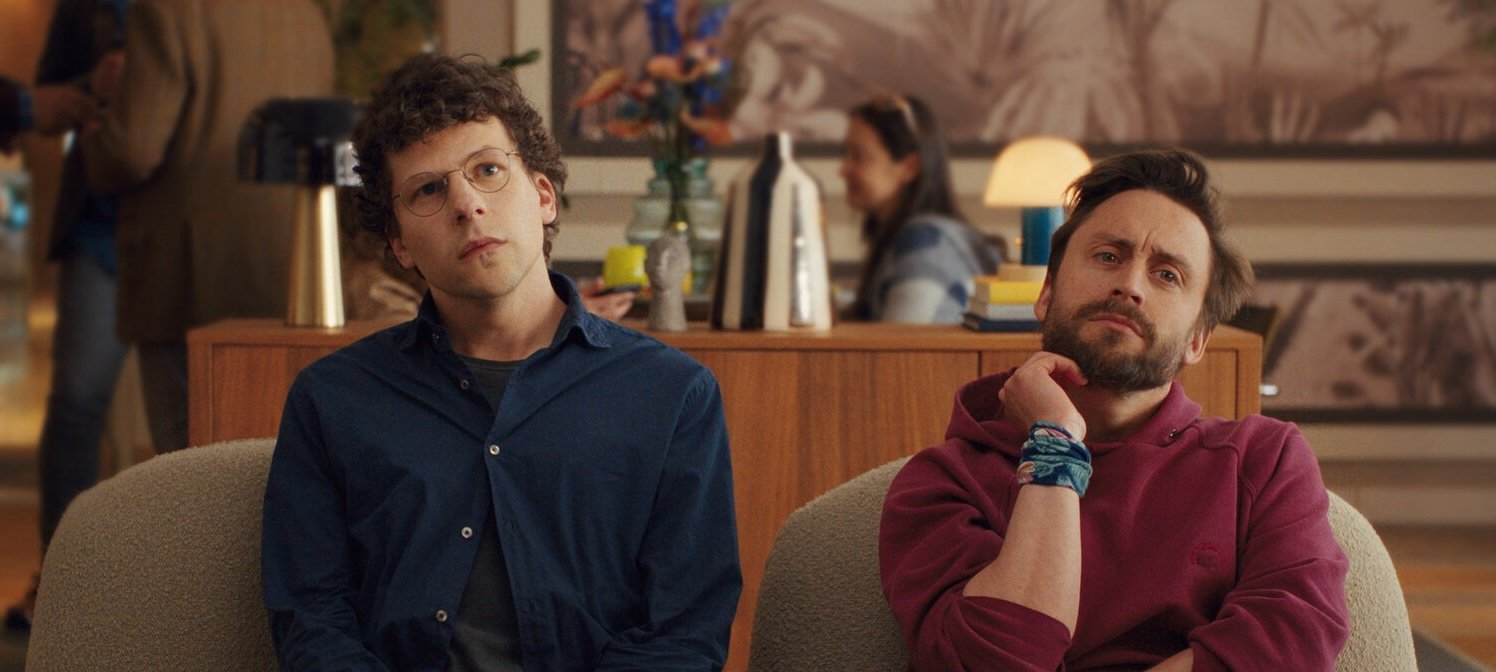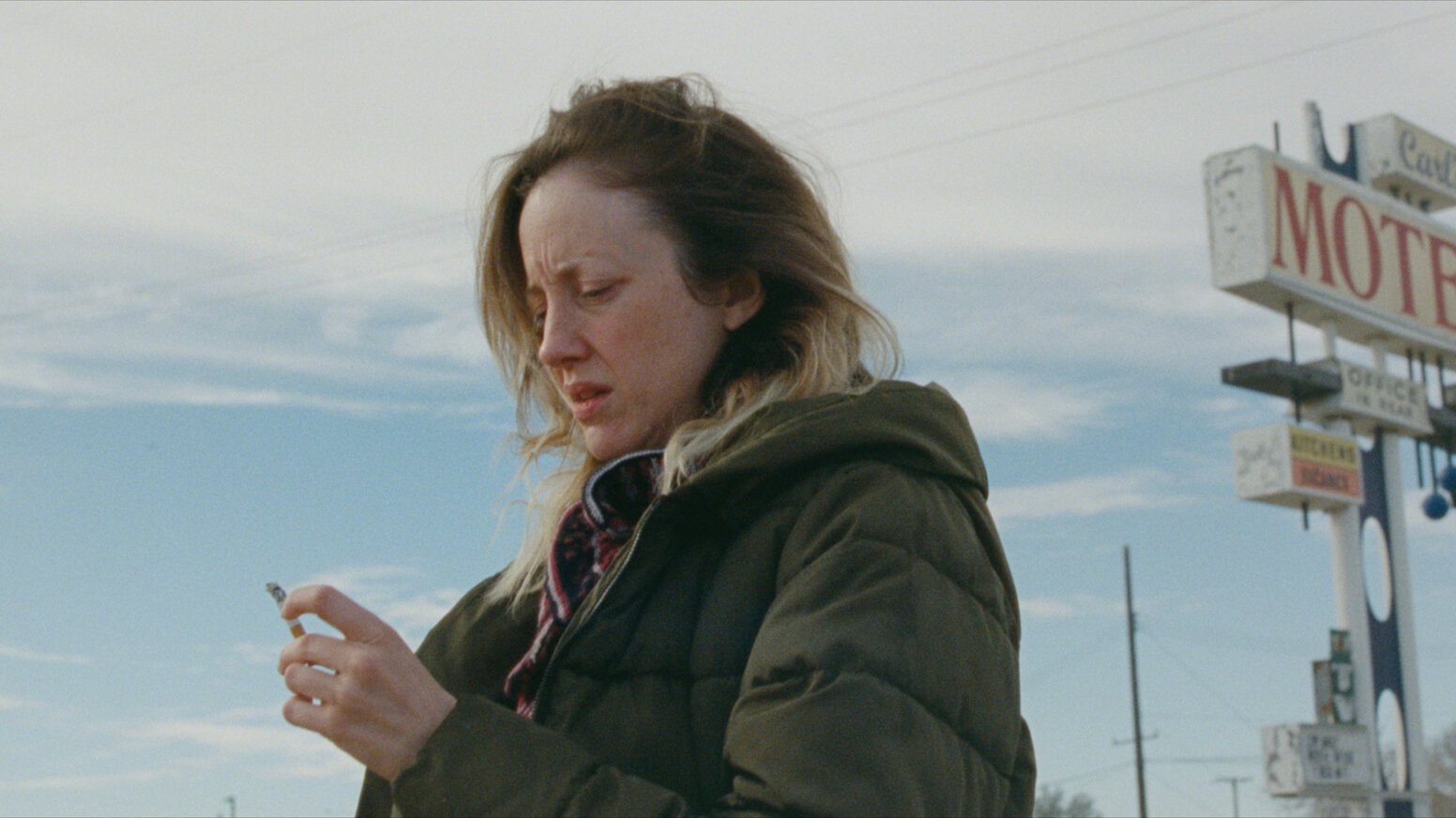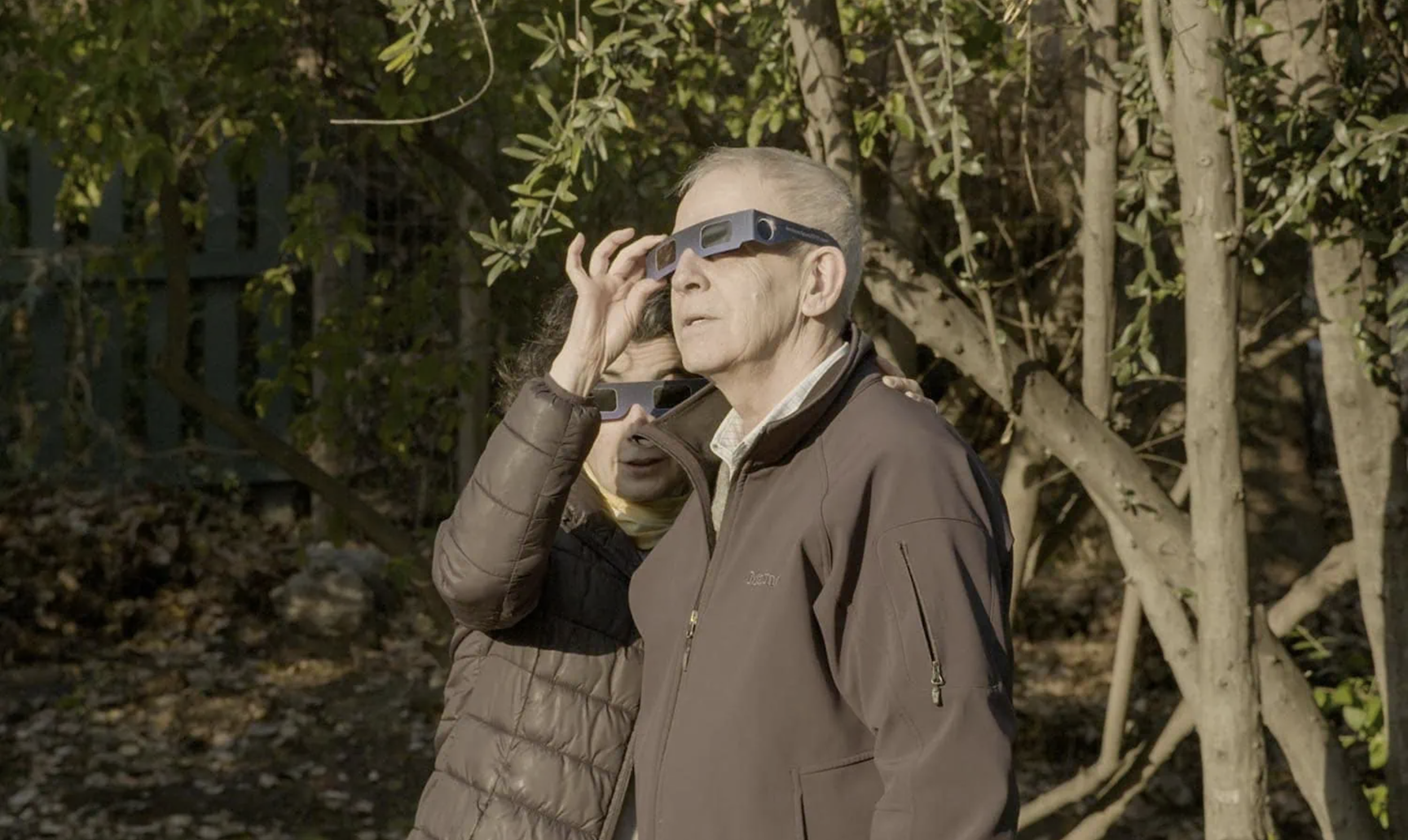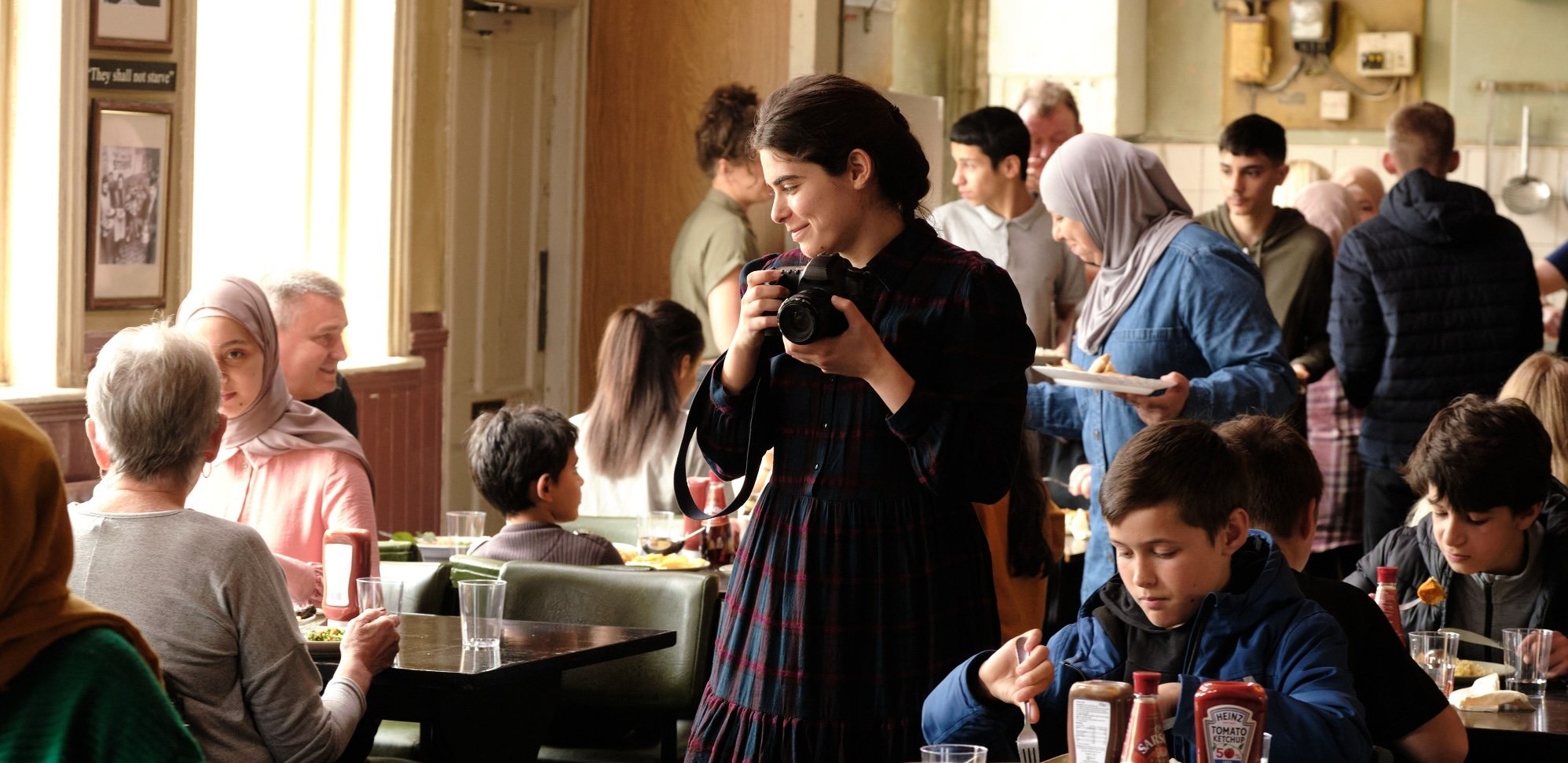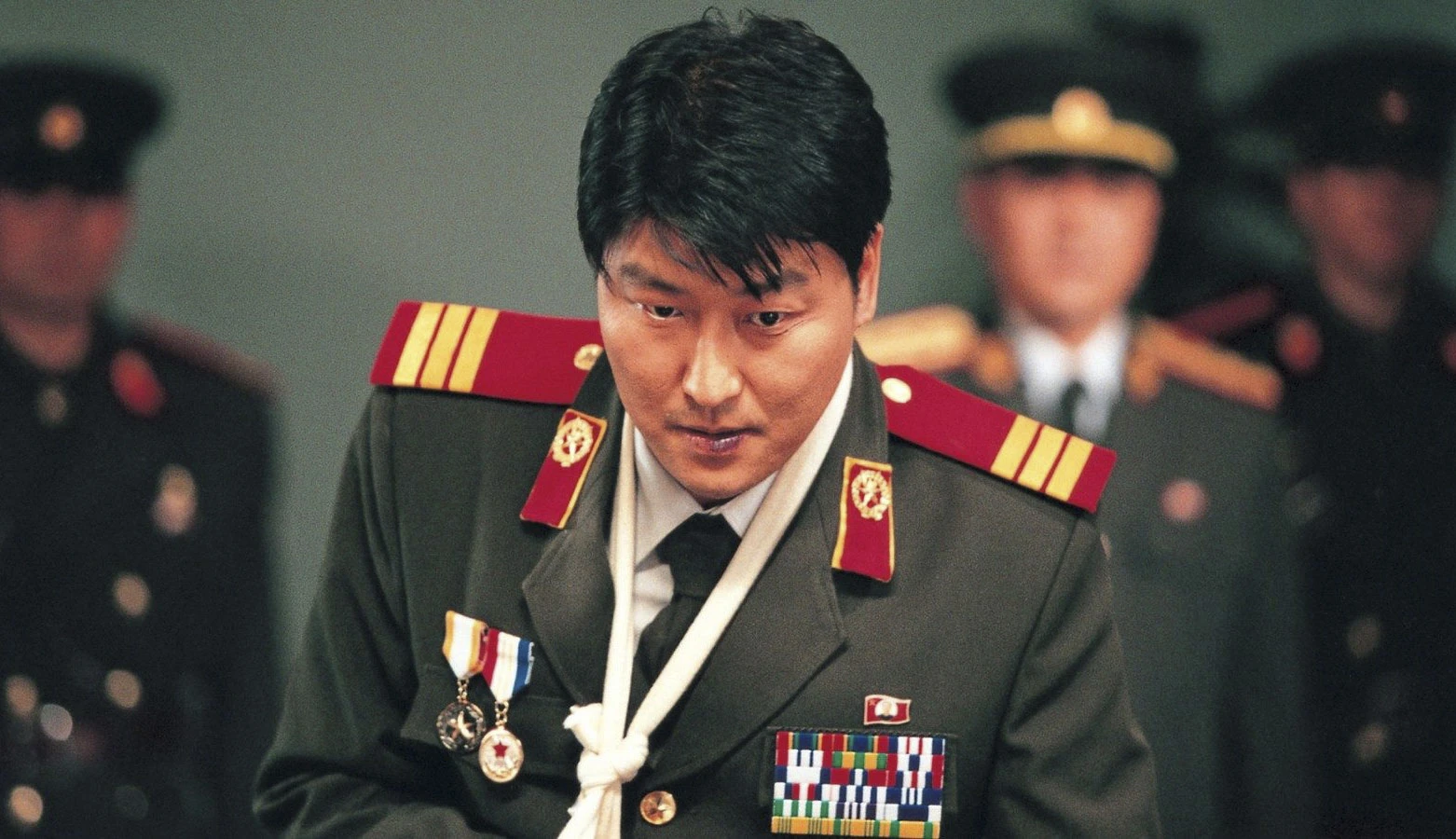55 Films That Will Bring Tears to Your Eyes
Sometimes a good cry is just what the soul needs, and these films are guaranteed to evoke a torrent of emotions. From heart-wrenching dramas to poignant love stories and powerful character journeys, it’s time to be moved, inspired, and deeply touched as we explore the films that have the power to bring tears to your eyes. Whether it’s tears of joy, sorrow, or profound empathy, these stories will leave an indelible mark on your heart, reminding you of the beauty and fragility of the human spirit. Grab your tissues and prepare for an unforgettable cinematic experience.
Understated in budget but lavished with praise, this semi-autobiographical drama by Daniel Destin Cretton flings its audience into the chaotic lives and personal crises of at-risk youths and the passionate social workers that aid them. In his first feature film, the young director draws the viewers into the storm of events and the emotional ups-and-downs of social work in America, going from uplifting to depressing and back – and every emotion in-between.
Set in the real-life and eponymous group home Short Term 12, devoted but troubled foster-care worker Grace is played by Brie Larson, whose shining performance in her first leading role was lauded by critics. Fans will also recognize the supporting actors Lakeith Stanfield and Rami Malek, who broke out in this movie. Short Term 12 is now considered one of the most important movies of 2013 – some say of the decade – owing to its immaculate writing, intimate camerawork, and gripping performances.
Genre
Drama
Director
Destin Cretton, Destin Daniel Cretton
Language
English
Mood
Challenging, Depressing, Inspiring, Intense, Raw, Tear-jerker, Touching
Aptly named ‘Rupert Grint on speed’ by one critic, Antoine-Olivier Pilon plays Steve, an abusive ADHD adolescent who just got out of a juvenile care facility for setting fire to the school cafeteria and injuring a fellow student. Similarly, his mother Diane, played by Anne Dorval, is a type of Lorelai Gilmore on speed – and to say that sparks fly when they clash is an understatement. But help comes from unexpected places: ‘Die’ makes friends with Kyla, an anxious teacher living across the street, who then gets sucked into this crazy, volcanic mess.
Mommy is the fifth feature film by French-Canadian don’t-call-him-a-hipster director Xavier Dolan and won the Cannes Jury Prize for its originality. It is shot in the 1:1 ‘portrait’ format, but every now and then a moment of exhilaration will crack open the frame. The brutality on screen is sugar-coated by an all-over-the-place soundtrack that includes the Counting Crows, Celine Dion, and Blue (Da Ba Dee) by Eiffel 65.
Shrill, violent, and demented, this out-of-control dark comedy will punch you in the guts. But it also aims straight for the heart and doesn’t miss. Prepare to be continually torn between laughing out loud, clawing your seat, and covering your mouth in shock.
Genre
Drama
Director
Xavier Dolan
Language
English, French
Mood
Challenging, Depressing, Discussion-sparking, Dramatic, Emotional, Intense, Mind-blowing, Raw, Tear-jerker, Thought-provoking, Thrilling, Touching
Get ready to cry your eyes out, scream in anger, but also rejoice at the powerful love that exists in our world. We will not spoiler the premise of this documentary and urge you not to do so yourself. Instead, we recommend watching it and prepare to be changed forever. Call it true crime if you will, but this documentary is much more. Hailed as one of the most important documentaries of the 2000s, it is a testament to friendship and love, a real-life thriller, and a political denouncement all in one.
Genre
Crime, Documentary
Director
Kurt Kuenne
Language
English
Mood
Discussion-sparking, Dramatic, Emotional, Mind-blowing, Raw, Tear-jerker, True-crime
Legend has it that director Derek Cianfrance had the co-stars and co-executive producers Michelle Williams and Ryan Gosling live together in the same house for a month in preparation of their roles. The fictional couple they play in Blue Valentine lived in the same house. True or not, this created the harsh proximity, intensity, and claustrophobia that is a hallmark of this production. Blue Valentine brings us painfully close to the couple’s attraction as well as their agony.
In this way, Blue Valentine is a heart-breaking examination of the decaying shell of a once-bright marriage. As sad as it is sexy, it mixes intense flashbacks of past desire with the grim reality of married life’s monotony. It boasts an electrifying performance from Michelle Williams and Ryan Gosling, who seamlessly combine tenderness and lust, rage and sadness. This is a guaranteed tear-jerker, so make sure you’ve brought your Kleenexes!
Genre
Drama, Romance
Director
Derek Cianfrance
Language
English
Mood
A-list actors, Challenging, Depressing, Dramatic, Intense, Raw, Romantic, Tear-jerker
In Aftersun, Sophie recalls a holiday she took as an eleven-year-old in the ‘90s with her father. Video recordings help jog her memory, but she’s looking for more than just a blast from the past. Rather, she seems to be seeking answers to fill in the gaps between who she knew as her father and who he really was: an immensely nice but deeply troubled man.
At first, Aftersun looks like a simple but beautiful story about father and daughter bonding over the course of a summer trip. But within minutes, it’s clear that there are layers to Aftersun, emotionally and editorially, that aren’t always explained but nonetheless enrich the movie with profound meaning. Stirring, complex, and surprisingly inventive, it’s not surprising that Aftersun is one of the most beloved films of the past year.
Genre
Drama
Director
Charlotte Wells, Female director
Language
English, Spanish, Turkish
Mood
Character-driven, Dark, Depressing, Dramatic, Emotional, Heart-warming, Lovely, Tear-jerker, Touching, Well-acted
While barely 90 minutes long, Cold War is epic in scope and a modern testament to what cinema can be. Whether we are feasting our eyes on the decaying post-war landscape of Poland, the patinated streets of East Berlin, or the delicate magic of a historic Paris, Cold War offers its viewers meticulously staged black-and-white beauty, conceived by Polish wunderkind director Paweł Pawlikowski and his trusted cinematographer Łukasz Ża. Winner of a slew of prestigious awards, this is a film made for the silver screen, so we recommend leaving your iPhone on the table and getting your hands on the biggest screen you can muster for watching this. The plot is essentially about the obsessive attraction between musician Wiktor (Tomasz Kot) and the young singer Zula (Joanna Kulig), who is recruited as the newest member of the former’s state-sponsored folk music band. Cold War follows their impossible love for fourteen years and across many European countries on each side of the Iron Curtain. It is a statement on how far artists go for their art, especially when they become constrained not only by dictatorship but also love. A poetic, sexy, and gorgeous movie without a wasted moment. A work of art.
Genre
Drama, Music, Romance, War
Director
Paweł Pawlikowski
Language
Croatian, French, German, Italian, Polish, Russian
Mood
Depressing, Romantic, Tear-jerker, Touching
As in his previous films, Director Andrew Haigh explores the delicate nature of loneliness, grief, and love in All of Us Strangers, except this time he does so through a supernatural lens. The result is mesmerizing: amid the tenderness the film draws from its characters, there’s a swirl of mystery too: how is it possible that Adam is conversing with his dead parents? Who, exactly, is Harry? The intrigue is there, and Haigh builds to a satisfying climax that answers all these questions. The mystery also lends the film an ethereal style that makes it visually resemble a horror or thriller more than it does a romance or drama. But as superb as it looks and as compelling as the ambiguity is, they never distract from the film’s central goal, which is to bring us into the complex emotional journey Adam goes through as he simultaneously develops a relationship with Harry and parses his childhood trauma with his parents. It’s a hefty film, filled with big emotional moments that will have you crying, smiling, longing, and healing all at the same time. And like any good film, it will haunt you for days on end.
Genre
Drama, Fantasy, Romance
Director
Andrew Haigh
Language
English
Mood
Dramatic, Emotional, Lovely, Romantic, Tear-jerker, Touching, Well-acted
Bittersweet like Belgian chocolate, this is a coming-home movie. It will leave you raw and empty as well as full of life, and it will most certainly have you appreciate the mournfulness of bluegrass music. Based on a play co-written by Johan Heldenbergh, who also stars as Didier, the male lead, this is intricately written, thoughtfully directed, viscerally acted cinema. Bluegrass enthusiast and band leader Didier falls passionately in love with Elise, a spirited tattoo artist. They sing together, start a life together. But when their little girl falls gravely ill, everything changes. Because this gem of a film by director Felix van Groeningen excels at creating intimacy and empathy between us viewers and this beautiful family’s fate, you will feel everything you see. Incredibly well-made and gut-wrenching drama.
Genre
Drama, Romance
Director
Felix Van Groeningen
Language
Dutch, English
Mood
Character-driven, Dramatic, Emotional, Romantic, Tear-jerker, Touching
A very poetic film by Tony Kaye (American History X) about an English Literature teacher (Adrien Brody – “The Pianist”) who only works as a substitute in schools which are located in very poor urban areas. The reason behind his choice is that he doesn’t want to bond too much with his students and colleagues because he is trying to control his dark emotions about life and the triviality of our existences (although it sounds depressing it is absolutely not). He also takes care of his last family connection, his grandfather, to whom he is very close and who lives in an elderly home. Unsurprisingly, their relationship is very emotional and deep. Every time you think about your existence, your place in the world, your interactions with other people; watch Detachment.
Genre
Drama
Director
Tony Kaye
Language
English
Mood
Challenging, Dark, Depressing, Instructive, Intense, Suspenseful, Tear-jerker, Thought-provoking, Thrilling
Russel Crowe, Nicole Kidman, and the immensely talented young actor Lucas Hedges (Manchester By the Sea) form an amazing pack of talent in this excellent drama. The story is based on the memoir by Garrard Conley, a true story. Set among deeply pious Christians in Arkansas, Hedges plays 18-year-old Jared Eamons, who discovers that he is gay. Crowe plays the father, a car dealer and a preacher, and Kidman the mom, who is a sweet-natured hairdresser with traditional values. When their son comes out to them after concealing his sexuality for some time, they pressure Jared into going to a Christian conversion camp, where his “lifestyle choice” is to be “prayed away”. The unspeakable camp is led by the Victor Sykes, who is as sinister as he is stupid, played with aplomb by Joel Edgerton, the writer and director. It’s a funny sidenote to a serious movie that many actors in this Southern drama are from Australia, including Edgerton, Crowe, and Kidman as well as Red Hot Chili Peppers bass player extraordinaire, Flea, who plays a drill-instructor-type PE teacher at the camp. The powerful performances are indeed what drive this drama and they contribute significantly to telling a story that needed to be told.
Genre
Drama
Director
Joel Edgerton
Language
English
Mood
A-list actors, Tear-jerker, Touching, True-story-based, Well-acted
This gorgeous documentary opens on the snowy fields of its rural French setting, but the single classroom it spends much of its time in couldn’t be warmer or more inviting. That comforting atmosphere — which the film imbibes, too — is all thanks to the kindness and patience of Monsieur Lopez, the man responsible for the education of all of the village’s kids (up to age 11). Chronicling the final year of his career before retirement, this doc shares the instinctive empathy its chief subject has for his pupils and, accordingly, shoots them quite simply, trusting that the high drama of their little lives is enough to sustain the film.
And it is: from the cheeky antics of happy-go-lucky four-year-old Jojo to the crippling anxiety of older kids grappling with parental illness and the terrifying move to middle school, we’re plunged deep into a full spectrum of raw emotion. Inspiringly, Monsieur Lopez doesn’t just teach the kids maths and spelling — he also gently coaches them in off-syllabus skills, like talking about feelings and reconciling differences (even turning a fraught relationship between two boys into loyal friendship by the end of the year). There’s so much to learn from him and his perpetually wonderstruck kids here.
Genre
Documentary, Drama
Director
Nicolas Philibert
Language
French
Mood
Feel-Good, Funny, Heart-warming, Inspiring, Lovely, Sunday, Sweet, Tear-jerker, Touching, Warm
The first few minutes of Robot Dreams are so deceptively simple and pleasant that it’s hard to think of a conflict that could keep the film moving. But something does happen—life happens, which sounds annoyingly vague, but it’s true. Life happens, and the rest of the film is about how Dog and Robot survive the specific pain of living. It’s at once poignant and delightful, filled with surprising moments that shouldn’t work, but do. It feels incredibly human even though there are no people in sight. It says a lot about the crisis of loneliness and the importance of moving on even though it’s a silent movie. And then there’s that one scene that breaks the fourth wall most adorably, proving that Robot Dreams is anything but the straightforward film it seemed to be in the beginning. Consistently, however, it is a touching movie. Whether it ends up breaking or warming your heart is just something you have to look out for.
Genre
Animation, Comedy, Drama, Family, Science Fiction
Director
Pablo Berger
Language
No language
Mood
Lovely, Tear-jerker
If we were to list down the best of the best movie musicals ever made, most of the titles would probably come from the Golden Age of Hollywood. But we’d be remiss to forget that just a few years later, all the way across the pond, came The Umbrellas of Cherbourg, a French romantic musical from Jacques Demy. It’s certainly in the running for the most gorgeous musical ever made, with the bold, dreamy colors, incredible camera work, stylish costumes, and two beautiful leads front and center, but what makes Cherbourg great is the lush composition made by Michel Legrand. With the sweeping violins and the tragic lyrics of Devant le Garage, to the catchy, jazzy Scène du Garage that starts off the film, Les Parapluies de Cherbourg brings together sublime visuals and sound into one of the greatest musicals ever made.
Genre
Drama, Romance
Director
Jacques Demy
Language
French
Mood
Emotional, Lovely, Romantic, Tear-jerker, Touching, Warm
Adapted from the Japanese film Ikiru, which in turn was adapted from the Russian story The Death of Ivan Ilyich, Living is a parable about, well, living. Specifically, it’s about the importance of wonder and the magic of the mundane. It’s also about legacy and the stories we leave in our wake, which live on long after we’re gone. This familiar premise could have very easily been turned into another trite and cheesy movie that warns you to make the most out of your life, but thanks to a lean script, assured camerawork, and powerfully restrained performances, Living is elevated into something more special than that. It’s a technically beautiful, well told, and profoundly moving film, with Bill Nighy giving a career-best turn as a repressed man aching for meaning in his twilight years.
Genre
Drama, History
Director
Oliver Hermanus
Language
English, Portuguese, Spanish
Mood
Dramatic, Emotional, Heart-warming, Inspiring, Lovely, Sweet, Tear-jerker, Touching, Uplifting, Well-acted
The visceral pain at the center of this adaptation from period drama powerhouse Merchant-Ivory comes not from fading or unrequited love but unrealized affection. Try as he might to repress his feelings, devoted butler Mr. Stevens (Anthony Hopkins) can’t stifle the blossoming attachment he shares with housemaid Miss Kenton (Emma Thompson). And yet, at every opportunity she gives him to do something about it, he balks, squandering the potential for something truly beautiful — something that actually belongs to them, not their aristocratic employer.
The Remains is partly told in flashbacks to the period leading up to the Second World War. From his stately home, Stevens’ master Lord Darlington and his peers play at international relations and try to avoid another war by pandering to the Nazis, but find they’re woefully under-equipped to decide the fate of Europe in this changing world. One of the many brilliant things about The Remains is the way this political drama doubles the devastation of Stevens’ die-hard commitment to his job — because now, he’s sacrificing his one chance at love for something that won’t even survive the decade. Sublime filmmaking and performances turn Stevens’ every minute choice into a pillar of profound tragedy, giving us a maddeningly heartwrenching life lesson for the ages.
Genre
Drama, Romance
Director
James Ivory
Language
English, German
Mood
A-list actors, Character-driven, Emotional, Tear-jerker, Well-acted
First off you have to remember it is the same writer as Training Day. Then you have to believe that he must have gone to a joint training camp between the Taliban and Mexican Cartels or something since Training Day to come up with such a tense, unpredictable script. But End of Watch is more than that. It is warm and sweet (yes), and a great showcase of Gyllenhaal and Pena’s talents — which thanks to a documentary-style cinematography, and the actors’ 5-month immersion program with actual LA cops, make for a very authentic, rich, and overall exciting film.
Genre
Crime, Drama, Thriller
Director
David Ayer
Language
English, Spanish
Mood
Dramatic, Intense, Mind-blowing, Raw, Tear-jerker, Thrilling, True-crime, Well-acted
Mike Leigh’s forthright and compassionate depiction of working-class life extends to his period pieces as well. Imelda Staunton is remarkable as Vera Drake, a housekeeper in 1950’s London who quietly performs abortions on the side.
Leigh’s vigilant portrayal of class highlights the stark divide between abortion access for the poor and what is offered to the rich. The storytelling is simple and straightforward, he doesn’t over-sentimentalize or grandstand, but merely depicts conditions as they were. Meanwhile, Staunton’s Vera oozes so much fullness, warmth, and empathy, that the heartbreak that follows is mercilessly palpable.
Genre
Drama
Director
Mike Leigh
Language
English
Mood
Depressing, Tear-jerker, Thought-provoking
Perhaps the most depressing but vital movie produced by animation giant Studio Ghibli, Grave of the Fireflies is a searing and sweeping drama that covers the horrors of World War II through the eyes of teenager Seita and his young sister Setsuko. Between the violence of war and the tragedy of loss, the siblings struggle to preserve not just their lives but their humanity. In typical Ghibli fashion, there are moments of gentle beauty to be found, but instead of conflicting with the overall stark tone of the film, they successfully underscore war’s futility and brutality, making Grave of the Fireflies one of the most important anti-war narratives ever told.
Genre
Animation, Drama, War
Director
Isao Takahata
Language
Japanese
Mood
Dark, Depressing, Dramatic, Tear-jerker, Thought-provoking, Touching
Based on the Austrian novel, The Piano Teacher is as brilliant and as disturbed as its protagonist. The film follows Erika Kohut (Isabelle Huppert), the repressed masochist in question, and the trainwreck of a relationship that she develops with her student Walter Klemmer (Benoît Magimel). Their dynamic is undeniably toxic. Austrian auteur Michael Haneke frames each scene with clinical detachment, but it is absolutely brutal how the two characters try to assert control over each other, engage in sadomasochism, and repeatedly violate each other’s boundaries. Huppert’s heartrending performance fully commits to the merciless treatment Erika receives. But more tragic is the way Erika’s unusual relationship could’ve freed her, could’ve helped her process her abuse, and instead, reinforces her repression. It’s scary to make yourself vulnerable by admitting your desires, only for them to be used against you.
Genre
Drama, Romance
Director
Michael Haneke
Language
French, German
Mood
Challenging, Dark, Depressing, Emotional, Intense, Raw, Tear-jerker
Riceboy Sleeps looks like a fairy tale. Taken in 16mm and colored to pastel-grain perfection, it’s a captivating picture that moves like a happy memory. And occasionally, the action matches the air. Mother So-young (Choi Seung-yoon) and son Dong-hyun (Ethan Hwang) share a fierce, us-against-the-world bond as they strive to make it in a Canadian suburb without a lick of help.
The film is beautiful that way, but it also importantly doesn’t spare us from the harsh-edged realities of immigrant life. There are assimilation attempts, cultural divides, and on Dong-hyun’s part, a perpetual longing to know about an unknowable past. It’s a lovely picture, to be sure, but it’s also a tear-jerker, as heartbreaking as it is heartwarming.
Coupled with writing and performances that are resonant but restrained (they never verge on melodrama), Riceboy Sleeps makes for a powerful debut and a truly unforgettable watch.
Genre
Drama
Director
Anthony Shim
Language
English, Korean
Mood
Discussion-sparking, Dramatic, Emotional, Heart-warming, Lovely, Slice-of-Life, Sweet, Tear-jerker, Warm, Well-acted
Before Turning Red and Crazy Rich Asians, there was The Joy Luck Club. Based on the bestselling novel, the film adaptation centers around the four Chinese-American women and their relationships with their mainland-born mothers. Explaining that the club isn’t particularly joyful or lucky, the film starts from June’s perspective, a perspective of a Chinese-American woman who’s lived all her life in America. However, through strategic screenplay structure and effective sequence arrangement, we learn the struggles of the founding club members, the struggles that brought them to another country, which forms the dynamics between them and their American daughters. Because of how comprehensive and layered the film is, this underrated film adaptation is a phenomenal take on the immigrant experience. Tears are inevitable with how they deal with difficulties, but so is hope.
Genre
Drama
Director
Wayne Wang
Language
Cantonese, English, French, Mandarin
Mood
Emotional, Heart-warming, Tear-jerker, Thought-provoking
Real life tragedies, especially one that’s as sensationalized as the Miracle in the Andes, can be tough to depict on screen. On one hand, the film has to keep true to the story but also maintain some form of spectacle to keep people watching. Past depictions of the 1972 crash are preoccupied with the cannibalism portrayed by big name actors, but Society of the Snow takes a different route. The actors are newcomers, the threats to their lives don’t require daring action stunts, and the cannibalism is limited to small chunks indistinguishable from animal meat. Instead, the spectacle of Society of the Snow is the human spirit– the vulnerability, the respect, and the generosity they’ve given each other in order to survive. It’s still an uncomfortable watch, especially since we get to know some of the survivors before the crash, but it’s definitely a transcendent addition to the genre dedicated to the miracle of existence.
Genre
Drama, History
Director
J.A. Bayona
Language
Spanish
Mood
Challenging, Character-driven, Dark, Depressing, Discussion-sparking, Emotional, Gripping, Intense, Tear-jerker, Thought-provoking, Touching, True-story-based
Such a good movie. The start is reminiscent of great, funny coming-of-age stories. However, a violent event quickly takes place and The Hate U Give becomes a powerful comment on police brutality in America, institutional oppression, and what it’s like to be from a marginalized community but try to find your place in the world. But at the end, it’s a ‘movie’ movie, directed by George Tillman Jr. who made the Barbershop movies and Men of Honor (with De Niro).
Genre
Crime, Drama
Director
George Tillman Jr.
Language
English
Mood
Challenging, Discussion-sparking, Emotional, Tear-jerker, Touching
French director Mia Hansen-Løve is a master at gently capturing the full bittersweetness of life, and that’s no more evident than in One Fine Morning. Léa Seydoux gives a quietly powerful performance as Sandra, a mother-of-one who is grappling with the slow, devastating decline of her philosophy professor father at the hands of a neurodegenerative disease. As she deals with the crushing trauma of watching her father deteriorate — and the logistical stress of getting him the care he needs — life grants her an oasis through a chance meeting with an old acquaintance (Clément, played by Melvil Poupaud). Despite Clément being married, the two are hurled into a passionate romance, one that re-ignites something in Sandra she thought she’d lost forever.
What’s so remarkable about One Fine Morning is its gentle empathy: Hansen-Løve appreciates that, in the context of Sandra’s life, her affair with Clément is something life-affirming and vital, worthy of sensitive consideration rather than easy judgment or melodrama. What’s more, One Fine Morning extends that thoughtful attention to the other people around Sandra, with digressions that recognize the fullness and complexity of their lives, too. This is a film that overflows with compassion and curiosity for everyone in its frame, and one that has a contagiously heart-expanding effect on its audiences.
Genre
Drama, Romance
Director
Female director, Mia Hansen-Løve
Language
English, French, German, Portuguese, Spanish
Mood
Emotional, Raw, Tear-jerker, Well-acted
Don’t be fooled by its obvious parallels to Ghost (not a bad film, but a very different one): Truly, Madly, Deeply isn’t much concerned with the supernatural logistics of its back-from-the-dead-boyfriend premise, and it doesn’t feature any psychics or murders, either. In fact, there’s an argument to be made that everything that takes place here happens in its protagonist’s imagination — that’s how much it ignores the ‘how’ of it all.
Instead, this deeply warm rom-com from the great Anthony Minghella grapples head-on with the emotional challenges of grief and moving on. Juliet Stevenson’s performance as the bereft Nina is up there as one of the most moving portrayals of loss the screen has seen, and not just because of how believable her intense cry-acting is. When she realizes her deceased boyfriend Jamie (Alan Rickman, as seductive and sardonic as always) has returned to the land of the living, her euphoria brings to aching life the dream that everyone who’s ever lost a loved one must surely have dreamt: how joyous it would be to see them again. Blending such raw observations with wry humor — and anchored by two leads with genuine chemistry — this is a profoundly moving and rewarding movie.
Genre
Comedy, Drama, Fantasy, Romance, TV Movie
Director
Anthony Minghella
Language
English
Mood
Grown-up Comedy, Heart-warming, Romantic, Tear-jerker, Touching, Well-acted
The story of the Von Erich family is excruciatingly sad, but Iron Claw doesn’t dive right into the tragedy. Instead, it takes care to paint a picture of a close-knit family that’s filled with just as much warmth, jealousy, affection, and resentment as the next bunch. Durkin masterfully draws you into their circle so that everything that happens next is sure to cut deep. The choreography, chemistry, color—everything is carefully and beautifully set up, but the casting is what stands out the most. This wouldn’t have worked as well if it weren’t for the inspired move to pair Zac Efron, Jeremy Allen White, Harris Dickinson, and Stanley Simons as brothers and partners. On the internet, people have been dubbing The Iron Claw as “Little Women and The Virgin Suicides for men” and it’s not hard to see why. Apart from the sibling bond over glory and growing pains, all these films are also powerful explorations of gender. Iron Claw is a vicious takedown of toxic masculinity, while also being a searing family drama and an incredible showcase for Efron and company.
Genre
Drama, History
Director
Sean Durkin
Language
English
Mood
Action-packed, Dark, Depressing, Dramatic, Emotional, Tear-jerker
There are moments in our childhood that we deeply regret, even if we didn’t know better, even if innocence can excuse us, and even if we weren’t the ones primarily responsible for the mistake. The memory of it can be haunting, but none has been as devastating as the memory depicted in Louis Malle’s semi-autobiographical period drama Au Revoir les Enfants. Malle brings us to the boarding school rhythms with ease, straightforwardly depicting it as is, but with the camera and the sequencing recognizant of the implications. With the natural dynamic between the unthinking Julien (Malle’s younger self) and the alert and afraid Jean formed through subtle moments, Au Revoir les Enfants culminates into the heartbreaking coming-of-age moment that Malle personally lived through in World War II.
Genre
Drama, War
Director
Louis Malle
Language
English, French, German, Greek, Latin
Mood
Challenging, Depressing, Discussion-sparking, Emotional, Gripping, Original, Raw, Slice-of-Life, Tear-jerker, Thought-provoking, True-story-based
A film like Autumn Sonata shouldn’t work; on paper, it’s simply a confrontation between a resentful daughter and her vain mother. But in the masterful hands of Ingmar Bergman, their knotty relationship unfolds in thrilling, cathartic, and painfully relatable ways. Every accusation feels like a lashing. Every breakdown rips your heart. As a viewer, you sympathize with whoever is onscreen–that’s how real each character seems. You root for the neglected daughter, but also for the pianist who followed her heart and chose career over children. As with most Bergman films, Autumn Sonata feels like an evisceration of one’s soul, but it will feel extra relatable to those of us who’ve harbored secret resentments over our parents or children.
Genre
Drama
Director
Ingmar Bergman
Language
English, Swedish
Mood
Character-driven, Depressing, Dramatic, Emotional, Tear-jerker, Well-acted
Told with grace and maturity without sensationalizing its subject matter, Dead Man Walking expertly walks the line between taking a moral stand and keeping the messy humanity of its characters intact. Though it may seem just like a legal drama or prison film on the surface, writer/director Tim Robbins weaves in commentary on class and the role religion is expected to play in middle class Southern communities—especially in the context of justice and crime. Sean Penn and Susan Sarandon (in the role that won her her Oscar) play every side to this drama with remarkable control, building an unlikely rapport that culminates in a finale that’s as moving as any great tear-jerker. It may be tough to watch at times, given the raw emotions that are laid bare, but Dead Man Walking remains relevant even today.
Genre
Drama
Director
Tim Robbins
Language
English
Mood
A-list actors, Depressing, Discussion-sparking, Emotional, Tear-jerker, True-story-based, Well-acted
Small, Slow But Steady is a quiet, contemplative film about a deaf boxer named Keiko. Keiko is determined to become a professional boxer, but she faces many challenges; the pandemic, the closure of her boxing club, and the illness of her aging coach. The film’s director, Sho Miyake, excellently captures the slow, deliberate pace of Keiko’s training; and the quiet moments of her life outside the ring.
With serene wide shots of the Japanese countryside and small intimate moments in the boxing ring, the film lives up to its name, giving a tender portrayal of the need for connection and community in (and outside) of the pandemic. The steady performances from Yukino Kishii as Keiko and Masahiro Higashide as her coach make this slow-burning film a rewarding and inspiring story about perseverance and the power of dreams.
Genre
Drama
Director
Sho Miyake
Language
Japanese
Mood
Character-driven, Heart-warming, Inspiring, Slice-of-Life, Slow, Tear-jerker, True-story-based, Uplifting, Warm, Well-acted
Be prepared to have the expectations you form after reading Scrapper’s synopsis shattered: though it is about a 12-year-old dealing with grief following her mother’s death, it’s remarkably upbeat. It gets that quality by positioning itself in the buoyant headspace of young Georgie, a resilient, cheeky youngster who retains much of her whimsical childlike spirit in spite of her profound bereavement. Director Charlotte Regan’s debut feature is bursting with imagination: there are surreal stylized touches all over the movie, from talking video-game-style spiders to magical realist metaphors of Georgie’s grief.
That’s not to say that Scrapper is flippant about the inherent tragedy of its story, though. As in The Florida Project, you can feel the escapist motivations of Georgie’s colorful imagination, which only deepens the poignancy of her situation and the precarious relationship she forms with her father, a barely-old-enough manchild who only makes an effort to meet Georgie after her mother’s death. Amidst all the intentional artificiality of the filmmaking, their largely improvised interactions never ring false — a dynamic that’s also crucial to making the movie feel genuinely touching and real rather than saccharine and shallow. A very impressive debut, and a much-deserved recipient of Sundance’s World Cinema Grand Jury prize and a whopping 14 nominations at the BIFAs.
Genre
Comedy, Drama
Director
Charlotte Regan, Female director
Language
English
Mood
Character-driven, Emotional, Feel-Good, Funny, Heart-warming, Lovely, Quirky, Sunday, Sweet, Tear-jerker, Touching, Warm, Well-acted
In the first twenty minutes, The Remarkable Life of Ibelin seemed to be quite unremarkable, with the usual way a biographical documentary would go, that is, loved ones waxing poetic about how great the dead person was in life. But the documentary takes this to introduce Ibelin the same way his parents discovered the online life Mats Steen lived. It’s a unique documentary, mixing in the usual home videos with the animated gameplay of the archived life Steen lived in Ibelin, but it’s grounded by, and somewhat co-created through the words Steen himself typed about his life as a disabled man, and the game history he shared with the community he formed online. The Remarkable Life of Ibelin ends up being quite a remarkable depiction of living online, that feels much more honest, human, and creative than the condescending or cautious narratives we’ve previously heard about the online world.
Genre
Animation, Documentary
Director
Benjamin Ree
Language
Danish, English, Norwegian
Mood
Challenging, Discussion-sparking, Emotional, Lovely, Original, Tear-jerker, Thought-provoking, Warm
While initially commissioned to be an atomic bomb documentary, Hiroshima Mon Amour became something entirely different. For starters, it’s not a documentary, with director Alain Resnais recruiting author Marguerite Duras to write the screenplay, but it was pretty unusual for a narrative film at the time. It’s a love story, yes, but with such a poetic introduction of the two lovers going back and forth about what they know and don’t know about the bomb, pairing their discussion with archival footage and captivating scoring, Resnais created a new, non-linear cryptic style to capture how memory, grief, and loss irrevocably shaped a generation. Hiroshima Mon Amour was an unexpected shift, eventually becoming one of the most influential films of the French New Wave movement.
Genre
Drama, History, Romance
Director
Alain Resnais
Language
English, French, Japanese
Mood
Challenging, Discussion-sparking, Original, Raw, Romantic, Tear-jerker, Thought-provoking
There are connections we make in this lifetime that we expect to be ephemeral, especially in a new city, but sometimes these connections end up being the most meaningful relationship to us. For Jun in Comrades, Almost a Love Story, street smart Qiao is that connection. As she teaches Xiao Jun in Hong Kong city life, they both edge closer to being lovers and Hongkongers, but not quite enough to receive the title. And as fate separates them and fate (and Teresa Teng) brings them together, Comrades, Almost a Love Story crafts quite a memorable romance that stems from a shared dream of finally moving up in the world.
Genre
Drama, Romance
Director
Peter Chan, Peter Ho-Sun Chan
Language
Cantonese, English, Mandarin
Mood
Emotional, Lovely, Romantic, Slice-of-Life, Slow, Sweet, Tear-jerker, Thought-provoking, Touching
As time goes by, the youth doesn’t recognize how connected they are to previous tragedies, more so when it comes to war. Some even say that they have no part in it. Nobuhiko Obayashi’s later years have been preoccupied in countering this idea. Casting Blossoms to the Sky is the first of Obayashi’s anti-war trilogy, with the film inviting its audience to follow a journalist rediscovering the city of Nagaoka after the 2011 Tohoku earthquake. There’s a certain dreamlike approach to the way the various war stories are weaved together, with vibrant frames, simple CGI, and prominent green screen that grants some distance between the audience and the actual wartime reality, but it’s no less potent as Reiko interviews those that remember the scars of the past, and the rituals, practices, and art they’ve taken up in response. Casting Blossoms is a depressing story about war and disaster, one that is a tough one to watch. But it never forgets the humanity, the kindness and love that allowed Japan to recover, the very qualities we must protect and remember in ourselves.
Genre
Drama, Fantasy, War
Director
Nobuhiko Obayashi
Language
Japanese
Mood
Challenging, Depressing, Discussion-sparking, Emotional, Instructive, Slow, Tear-jerker, Thought-provoking, True-story-based, Warm
It is hard to be unmoved by how Die Beautiful defies conventions and explores the essence of identity, acceptance, and resilience. Centered around the life of Trisha, a transgender woman with a passion for beauty pageants, the film takes us on a rollercoaster of emotions as we witness Trisha’s life unfold, both in joyous moments and in the face of painful degradation and assault. The film seamlessly weaves together humor, tenderness, and raw vulnerability, delivered stunningly by its lead, Paolo Ballesteros. With other films such as Kalel, 15 and Bwakaw under his belt, director Jun Lana continues to meld reality with hope, injecting kindness and heart into much-needed queer stories.
Genre
Comedy, Drama
Director
Jun Lana, Jun Robles Lana
Language
English, Tagalog
Mood
Challenging, Character-driven, Emotional, Raw, Tear-jerker, Thought-provoking, Warm, Well-acted
While being known for co-writing the Dogme 95 manifesto, Lars von Trier’s first film after breaks his rules with built sets and music added in post. Still, Breaking the Waves has plenty of von Trier’s thematic preoccupations, challenging the notions between faithfulness and sexuality by positing a married couple who cannot indulge in marital pleasure, due to being paralyzed. While the premise leads to explicit scenes, it’s more harrowing than sexy, really. It’s terribly heartbreaking as Bess does all she can for her marriage, first by praying for her husband’s return, and then following his perverse wish, partly from guilt, but partly from pleasure, even when it goes contrary to her repressive church and community. Breaking the Waves may not be an easy watch, but regardless of what you personally feel about the morality of Bess’ actions, von Trier will nevertheless bring you to empathy.
Genre
Drama, Romance
Director
Lars von Trier
Language
English
Mood
Challenging, Character-driven, Dark, Depressing, Discussion-sparking, Emotional, Gripping, Intense, Raw, Tear-jerker, Thought-provoking, Well-acted
There are three threads in Daughters that directors Natalie Rae and Angela Patton weave beautifully together. The first thread follows the incarcerated men who gather every week to talk about fatherhood, mostly, because of the program that they’re in, but also: masculinity, race, systemic poverty, social mobility, and the skewed prison system in America. The discussions are raw and enlightening. “This isn’t normal, that we’re all in here,” one of the men wisely says, and it feels special to witness that moment of shared empowerment. The second thread follows the daughters, whose ages range from 5 to 15. In line with the film’s honesty, it shows us girls who miss their fathers and girls who don’t; girls who know everything about them and those who can’t even remember their faces. One is oblivious, the other suicidal. This part is enlightening in a different way: you hope the kids are too young to realize what’s going on, but that’s almost never the case. The final thread is where the two others meet: it offers the most heartbreaking parts of the film, but also the most beautiful. Both parties dress up, take pictures, move on the dancefloor, and say their inevitable goodbyes, and all this is captured in the same darklit, grainy color as the film cameras the fathers and daughters are given to document the dance. The direction and editing is artistic, but never in a gratuitious way. Instead, like other parts of the film, it’s filled with gentleness and empathy.
Genre
Documentary
Director
Angela Patton, Female director, Natalie Rae
Language
English
Mood
Emotional, Inspiring, Lovely, Tear-jerker, Touching
War changes the way we view people from the other side. On the most fundamental level, seeing an enemy combatant can mean death, but this eventually bleeds out into anger and hatred towards the enemy, because of the loss, the pain, and the fear war tends to wage. War drama Welcome to Dongmakgol understands this, but rather than delve into the painful separation of the Korean peninsula in ways that have been depicted before, the film instead plucks a few soldiers from both fronts and drops them into an isolated village far from the battleground. This scenario is quite unlikely, after all, the mountainside town without technology would probably not be as idyllic as portrayed. Nevertheless, it’s an interesting thought experiment to see the simple, straightforward peace that was forgotten with foreign intervention and global geo-politics. Welcome to Dongmakgol can be quite goofy at times– see the green screen wild boar scene– but the comedy is a standout anti-war film because of its optimism towards human nature.
Genre
Comedy, Drama, War
Director
Bae Jong, Kwang-hyun Park
Language
English, Korean
Mood
Feel-Good, Funny, Quirky, Sweet, Tear-jerker, Thought-provoking, Touching, Warm
This slow-burning drama is set in an Indigenous reservation in South Dakota, where Johnny is a teenager who dreams of moving to L.A. with his girlfriend. He would have to leave behind his little sister, who is just grappling with the recent loss of their father.
Director Chloé Zhao (The Rider, Nomadland) worked with amateur actors whose lives mirror the characters, often adapting the script to the actors’ stories. She filmed 100 hours of footage that she then distilled into an hour and a half.
The result is a film shot from the outside but which is grounded in local stories. And these stories are rough, sad, complex – but so important to listen to and understand. It’s an incredible feat to make an observational film that’s so grounded in reality – only a genius could: that’s Chloé Zhao, and this mature work is -somehow- her first feature film.
Genre
Drama
Director
Chloé Zhao, Female director
Language
English
Mood
Discussion-sparking, Emotional, Slice-of-Life, Slow, Tear-jerker
The Father is a compelling inner look at the ways dementia distorts memories. By occupying the unstable headspace of 80-year-old Anthony (Anthony Hopkins), the film allows us to experience his frustration and confusion firsthand. We, too, are unsure about the ever-shifting details we’re presented with. Conversations are circular and time seems inexistent. The faces we know are swapped with names we don’t know. Even the tiniest elements, such as the wall tiles and door handles, are constantly changing in the background. We grasp for the slippery truth with Anthony but always come up empty and unsure.
In a thoughtful move by director Florian Zeller, we also get a glimpse of the lives surrounding Anthony. The daughter Anne (Olivia Colman), in particular, is often the victim of her father’s tirades, but she takes care of him still, conflicted as to where to draw the line between his needs and hers.
With its fluid editing, subtle detail-swaps, and empathic portrayal of characters, The Father is just as technically impressive as it is movingly kind.
Genre
Drama, Family, Mystery
Director
Florian Zeller
Language
English
Mood
Depressing, Tear-jerker, Thought-provoking, Touching
Marona’s Fantastic Tale is a rich story about life and death and everything in between, told entirely through the eyes of a dog. With breathtaking visuals and unmatched empathy, the film implores us to think about what might count as joyous and heartbreaking for our four-legged friends. Told normally and in any other way, we might not care as much, but in a story as artful and compassionate as this, we can’t help but listen.
Unlike other films about pets, Marona’s Fantastic Tale isn’t cutesy—its art is dizzying and demanding, but beautiful nonetheless. And isn’t afraid to confront tragedy (in fact, it begins with it). But it buoys reality with dreamy art sequences and even finds humor along the way. All in all, it’s a mature film that poses big existential questions that will intrigue adults as well as kids.
Genre
Animation, Drama, Family
Director
Anca Damian, Female director
Language
French
Mood
Heart-warming, Lovely, Original, Sweet, Tear-jerker, Touching
There’s a lot of good to be found in the charming, poignant, and endlessly quotable Marcel the Shell With Shoes On. It follows a documentarian named Dean, who has as his subject the one-inch talking shell that is Marcel. Marcel looks after an empty house along with his grandma Connie, and together they run a delightfully intricate system subsisting on electric mixers, tennis balls, and the occasional human hair.
Despite his small size, Marcel unwittingly makes big observations about life and the world around him, often moving Dean (and this writer) close to tears. It’s a simple film with a grand message, with lots to say about the importance of participating in life as opposed to merely observing it. But ultimately this is a movie with a precocious talking shell at the heart of it all, so really, what’s not to like?
Genre
Adventure, Animation, Comedy, Drama, Family, Fantasy, Kids
Director
Dean Fleischer-Camp
Language
English, Portuguese, Spanish
Mood
Dramatic, Easy, Emotional, Feel-Good, Funny, Inspiring, Lighthearted, Lovely, Original, Quirky, Slow, Sunday, Sweet, Tear-jerker, Touching, Uplifting, Warm, Weird
Focusing squarely on two families and a select few health workers, The First Wave gets intimate access to the fears and anxieties of individuals trying to contend with the effects of the initial outbreak of the coronavirus in New York. That these characters also tend to belong to already vulnerable sectors in the United States isn’t a superfluous detail—as director Matthew Heineman illustrates (without the use of detached talking heads interviews) how proper responses to a global pandemic like this one are still hampered by capitalist interests, and racist and xenophobic institutions built into American society. All of these obstacles make every setback and every moment of progress in these characters’ lives feel absolutely crucial, making for an emotionally overwhelming experience.
Genre
Documentary, History
Director
Matthew Heineman
Language
English
Mood
Challenging, Depressing, Discussion-sparking, Emotional, Raw, Tear-jerker, Uplifting
Part documentary yet part surreal daydream, director Derek Jarman’s final film is one last rallying cry into a blue void. Against an unchanging screen of International Klein Blue, most of the film is Jarman’s voice, drifting through various subjects, from day-to-day complications of AIDS to contemplations about the color blue. Some of his frequent collaborators chime in. Choirs singing about damnation occasionally pop up too. While essentially a radio drama, the combination of voices, foley, and scores all merge together into an ethereal, haunting soundscape, that sticks in your head long after the film ends. Mirroring his partial blindness, Jarman’s last experiment leaves an impression of his own experience. It’s absolutely devastating.
Genre
Documentary, Drama
Director
Derek Jarman
Language
English
Mood
Depressing, Emotional, Intense, Tear-jerker, Thought-provoking, True-story-based
Spanning over decades and continents, The Eight Mountains depicts the kind of childhood friendship that remains central to one’s whole world. While city boy Pietro (Luca Marinelli) treks from the Alps to the Himalayas, the mountain pasture of Grana remains special as his father’s old refuge and as the hometown of childhood best friend Bruno (Alessandro Borghi). When they were younger, the two struck a summer friendship as the only two boys in the small town. However, their friendship isn’t the kind formed through day-to-day, routine interactions. Instead, each moment they share is fleeting, cut short by circumstances, but therefore, all the more precious. Co-directors Felix van Groeningen and Charlotte Vandermeersch slowly and patiently craft intermittent moments that form a lifelong friendship. And at the end, when they last bring us back to Grana, these moments are all we have left of this profound, meaningful connection.
Genre
Drama
Director
Charlotte Vandermeersch, Felix Van Groeningen, Female director
Language
English, Italian, Nepali
Mood
Emotional, Slow, Tear-jerker, Thought-provoking
A family-friendly, Disney-backed movie is not something you’d expect from cinema’s surrealist master, but The Straight Story marks a surprisingly winning stylistic departure for David Lynch. It tells the true story of Alvin Straight (Richard Farnsworth), an ailing 73-year-old who, upon hearing that his estranged brother has suffered a stroke 240 miles away, decides it’s time to patch things up. Unable to drive due to poor eyesight, Alvin modifies a ride-on lawn mower and sets off on the six-week-long journey it will take to reach his brother while traveling just five miles an hour.
Lynch’s film is set at a similarly patient pace: contemplative shots of Mid-Western America’s cornfields fade in and out as Alvin chugs along and experiences profound, fleeting connections with the strangers crossing his path. Alvin refuses to accept any offers of a ride: he wants to finish this pilgrimage on his own terms. Angelo Badalamenti’s elegiac score emphasizes just how much this journey means to Alvin — who, in his last chapter of life, uses it both to reflect on all that’s come before and treasure every experience, big or small, that the present offers. The sense of this being a swan song for Alvin is always palpable, making The Straight Story deeply moving down to its bones.
Genre
Drama
Mood
Character-driven, Emotional, Slow, Sweet, Tear-jerker, Touching, True-story-based, Warm, Well-acted
Biographical documentaries tend to depict exceptional people– people who are so great that everyone wants to know about them, and people who are so terrible that they serve as a warning. Great Photo, Lovely Life depicts a serial sexual abuser in photojournalist Amanda Mustard’s family, able to get away with nearly all his crimes each time he skips over state lines. It’s not an easy film. It’s deeply uncomfortable. There are certain interviews that will trigger anger, despair, and bewilderment over how someone so evil can remain out of bars all his life. Great Photo, Lovely Life doesn’t provide any easy, comforting sequence as a balm to sexual abuse survivors around the world, but it’s an urgent reminder of the consequences of maintaining silence.
Genre
Documentary
Director
Amanda Mustard, Rachel Beth Anderson
Language
English
Mood
Discussion-sparking, Emotional, Intense, Original, Raw, Tear-jerker, Thought-provoking, True-story-based
Regardless of where, when, and why war came to be, war inevitably makes children grow up faster than they ought to. Turtles Can Fly depicts one such boy, a thirteen year old refugee nicknamed Kak Satellite whose limited English and resourcefulness transformed him into a leader for the rest of the children as they scrounged for scraps, sweep for landmines, and set up satellites for news. It’s a harrowing experience. Writer-director Bahman Ghobadi depicts it in a grounded, real way, with the Kurdish cast directly re-enacting the same horrors that they’ve gone through the year before, and the same practical nonchalance that they cling to for survival. Regardless of how viewers feel about the Iraq invasion, or other wars with refugee crises, Turtles Can Fly simply asks viewers to see their faces.
Genre
Drama
Director
Bahman Ghobadi
Language
Arabic, English, Kurdish
Mood
Challenging, Depressing, Discussion-sparking, Emotional, Intense, Raw, Tear-jerker, Thought-provoking, True-story-based
Before gay marriage and gay adoption was legalized in America, people had plenty of hurdles to jump over when their same sex partner died. Partners weren’t guaranteed visits to their loved one, weren’t permitted to visit them at their last hours. They were the last to be informed and the last to be asked about their medical records, even though they would be the best source of knowledge after living together. Same sex parents weren’t guaranteed custody of their partner’s children. In The Family may depict these previous experiences in a dry, straightforward way for nearly three hours, but it’s a needed, respectful approach, with the lived-in knowledge of the quiet cruelties that was enforced just a decade ago.
Genre
Drama
Director
Patrick Wang
Language
English
Mood
Challenging, Character-driven, Discussion-sparking, Emotional, Raw, Slice-of-Life, Slow, Sweet, Tear-jerker, Thought-provoking, Touching
A Real Pain is a deceptively simple film. There’s not a lot going on on the surface, but Eisenberg’s smart script and tight direction, coupled with Culkin’s firecracker performance fuel the film with heart and infectious energy. A Real Pain shines when it focuses on the cousins’ bondat once pained and precious—but it also works as a strong ensemble of realistic characters, and as a heartfelt tribute to the Holocaust victims of the region. Eisenberg does an excellent job of tying the characters’ flaws and emotions with the horrors of the past. It deals with heavy stuff, but there’s an impressive restraint at play here, even during Eisenberg and Culkin’s big moments. They’re moving (but never overly sentimental) and truly memorable.
Genre
Comedy, Drama
Director
Jesse Eisenberg
Language
English, Polish
Mood
Character-driven, Dramatic, Emotional, Heart-warming, Tear-jerker, Touching, Well-acted
To Leslie follows the eponymous Leslie (Andrea Riseborough), a Southern woman who finds herself at the bottom of the barrel after finally using up every penny of her $190k lottery win. Out of work, friends, and family, she drowns herself in alcohol—that is until a kind soul in the form of motel owner Sweeney (Marc Maron) takes her in and gives her a shot.
To Leslie starts off a bit slow, and its premise may seem like it’ll give way to weepiness, but it’s worth sticking by till the end. The film only gets better, especially with the arrival of Maron, whose presence lends the film a much-needed buoyancy. It’s also worth noting that unlike many of its kind, To Leslie avoids the poverty porn trap by depicting issues like addiction and indigence with nuance, honesty, and humanity.
Genre
Crime, Drama
Director
Michael Morris
Language
English
Mood
Challenging, Character-driven, Dark, Depressing, Discussion-sparking, Dramatic, Slow, Tear-jerker, Touching
Documentaries about people suffering from dementia, Alzheimer’s, or other neurodegenerative diseases will always occupy a bit of an uneasy space—how much consent can they really provide in their condition? At what point does presenting their struggles become exploitative? Maite Alberdi’s The Eternal Memory doesn’t entirely assuage these concerns, but it certainly knows better than to define its characters by the things that they lack. In fact, much of this film’s romance comes from the image of Pauli and Augusto (who sadly passed away earlier this year) simply sharing space together, present in one another’s routines even as the gap between their shared understanding grows. Their life is one populated by art and literature, which seems to act as both a cage and a liberating escape throughout their relationship.
In the times when Augusto’s struggle with basic cognition is too severe, Alberdi doesn’t look away, and the resulting footage is truly painful to watch. But it should be emphasized that Alberdi displays the same attentiveness to the couple’s ordinary moments of quiet contemplation or married-life silliness without allowing them to be reduced into tragedy in retrospect. The film never tries to define their bond as either purely doomed or hopeful. For them, the mere possibility of love continuing to persist even in brief flashes is enough.
Genre
Documentary
Director
Female director, Maite Alberdi
Language
Spanish
Mood
Depressing, Emotional, Lovely, Raw, Romantic, Sweet, Tear-jerker, Uplifting
Renowned British director Ken Loach’s signature traits are present in The Old Oak: simple, humanistic, and unapologetically hopeful. But this time, we see things unfold through the eyes of Turner’s TJ and Ebla Mari’s Yara, whose endearing friendship anchors the film. They prove that seemingly conflicting things can coexist, like workers’ and immigrants’ rights, local and newcomer needs, old and new ideals. Loach hones in on his characters’ rich and specific lives so that his message doesn’t come across like an advocacy poster, but a richly woven tapestry filled with beautiful and complex meanings. Because it tackles heavy themes, The Old Oak might sound like it’d be heavy to watch, but as in most of the director’s work, you’ll no sooner be uplifted by an outpouring of hope and love.
Genre
Drama
Director
Ken Loach
Language
Arabic, Dutch, English
Mood
Heart-warming, Slice-of-Life, Tear-jerker, Touching
Not many places are worse to find a dead body than in the border of North and South Korea. The tensions are high, the trust is low, and the conflict between them hasn’t been resolved in more than half a century. Joint Security Area is centered on a whodunit surrounding two North Korean soldiers at the border, but Park Chan-wook crafts a compelling mystery not caused by international politics, but rather by friendship between soldiers in the lower ranks, a unity and brotherhood that’s tragically hidden and forced to separate because of lines made by their higher ups. It may not compare to Park’s more famous films, but Joint Security Area hinted at the filmmaker that was to come.
Genre
Drama, Mystery, Thriller, War
Director
Chan-wook Park, Park Chan-wook
Language
English, French, German, Korean
Mood
Challenging, Character-driven, Depressing, Discussion-sparking, Emotional, Gripping, Intense, Tear-jerker, Thought-provoking, Well-acted

